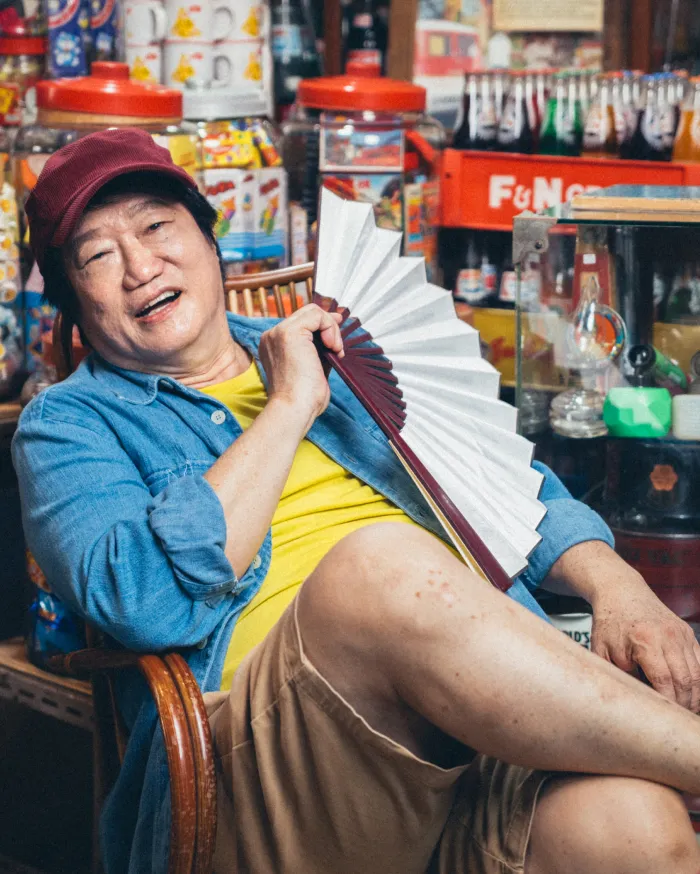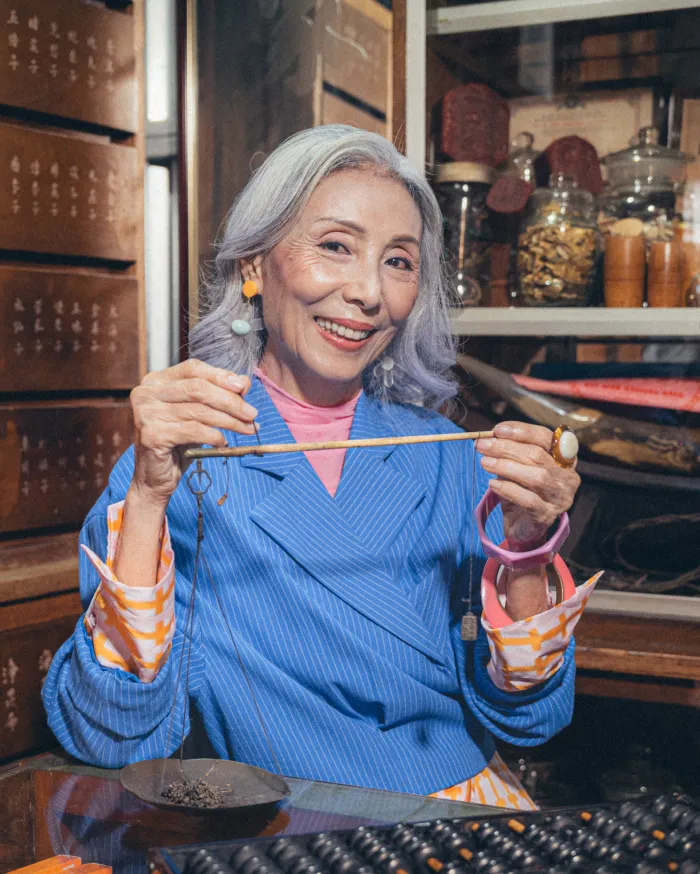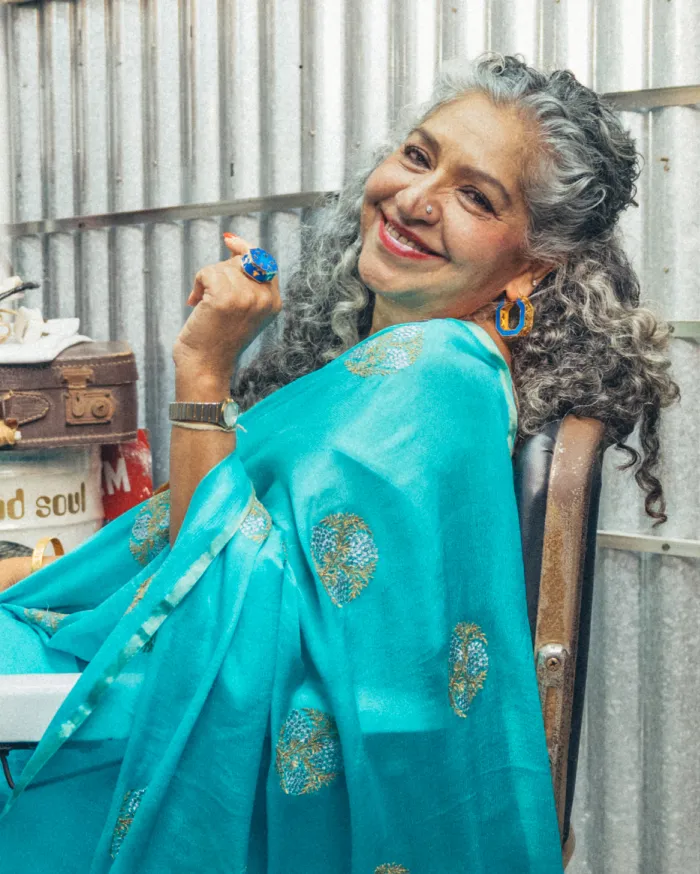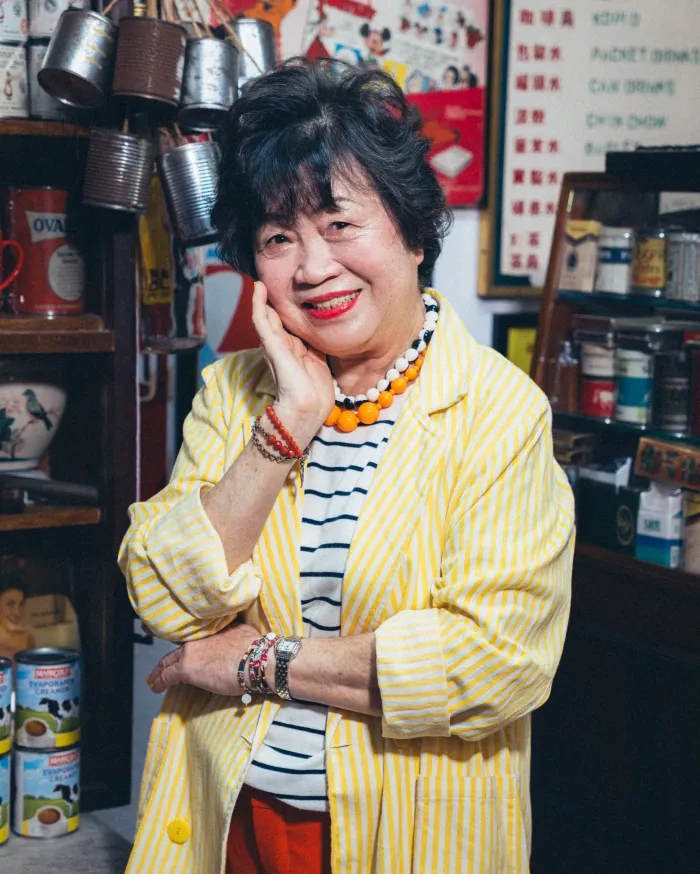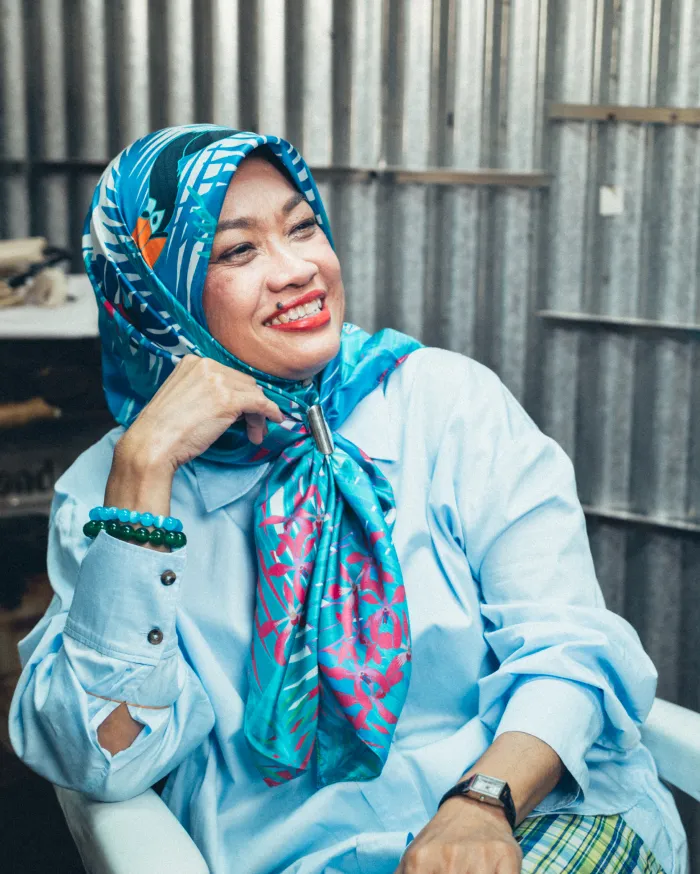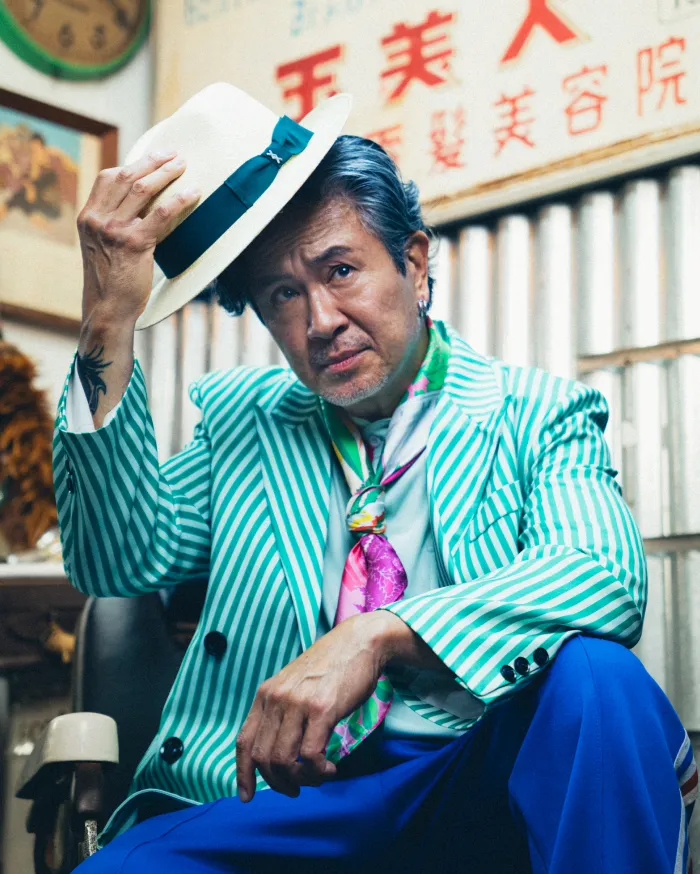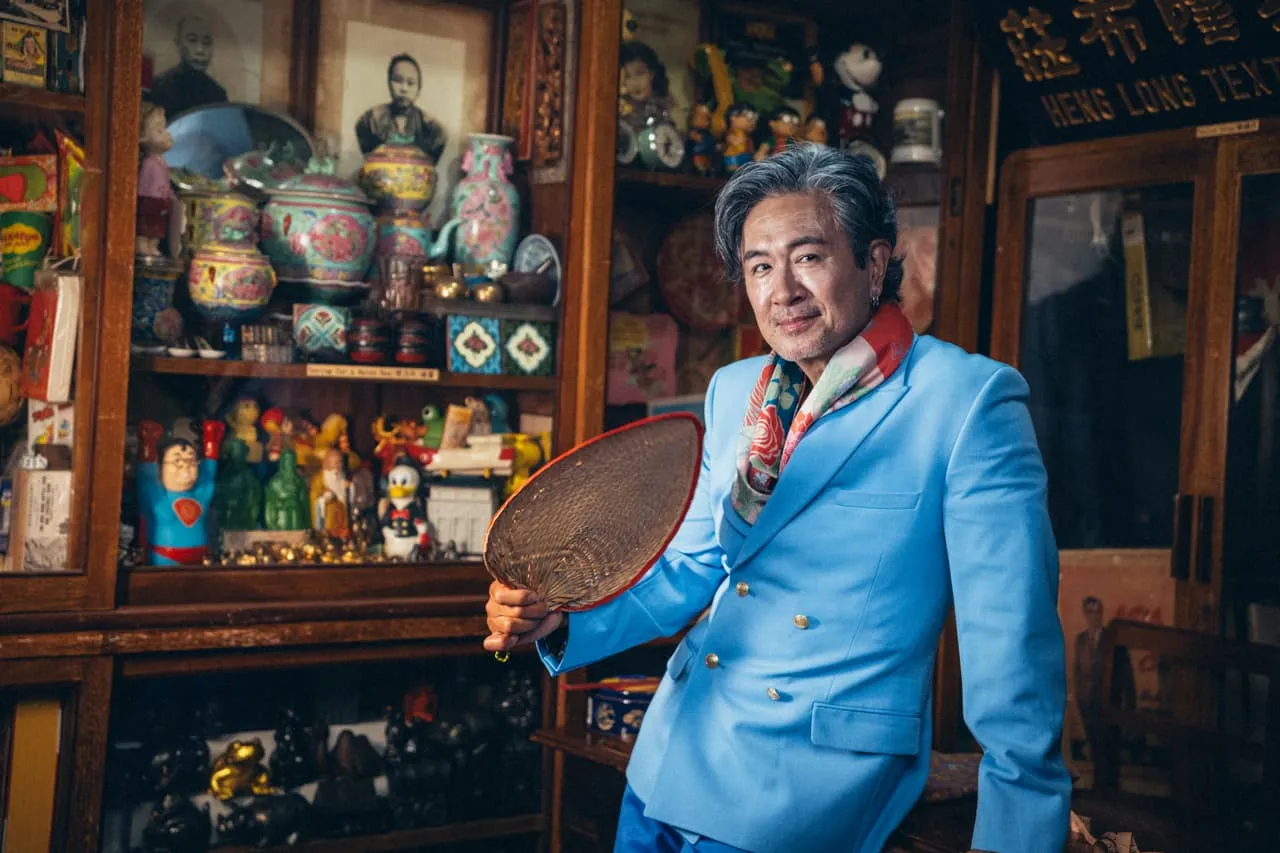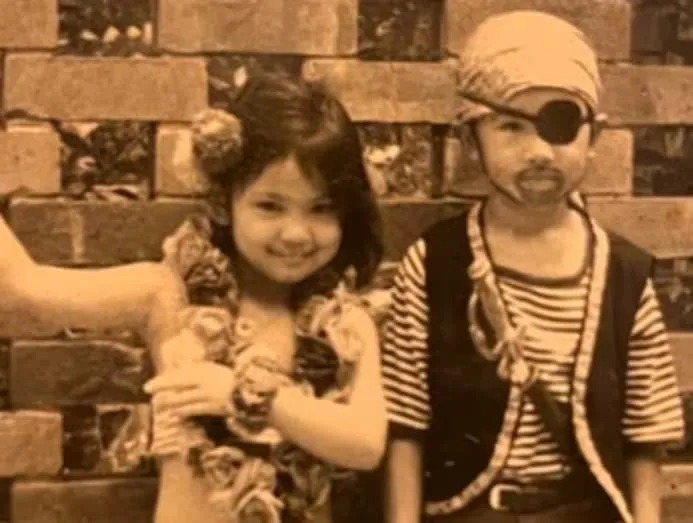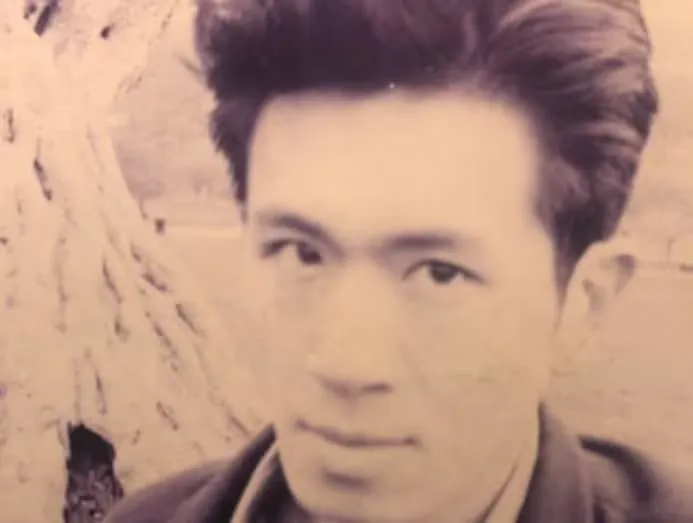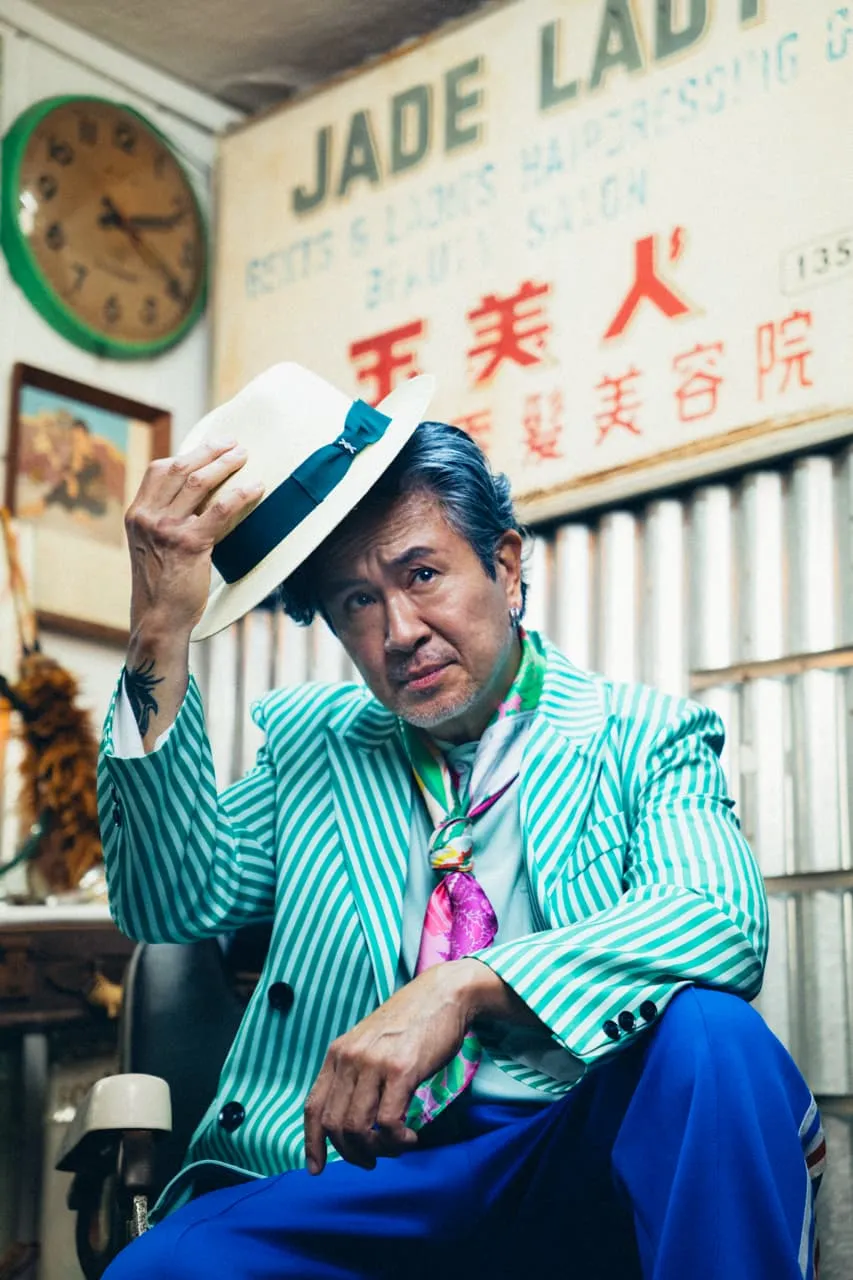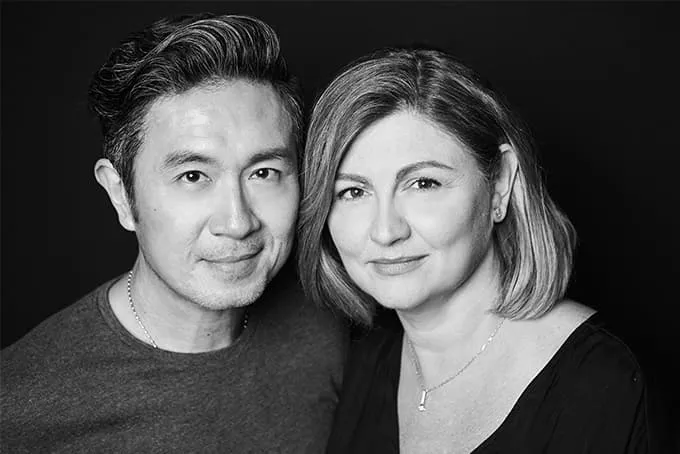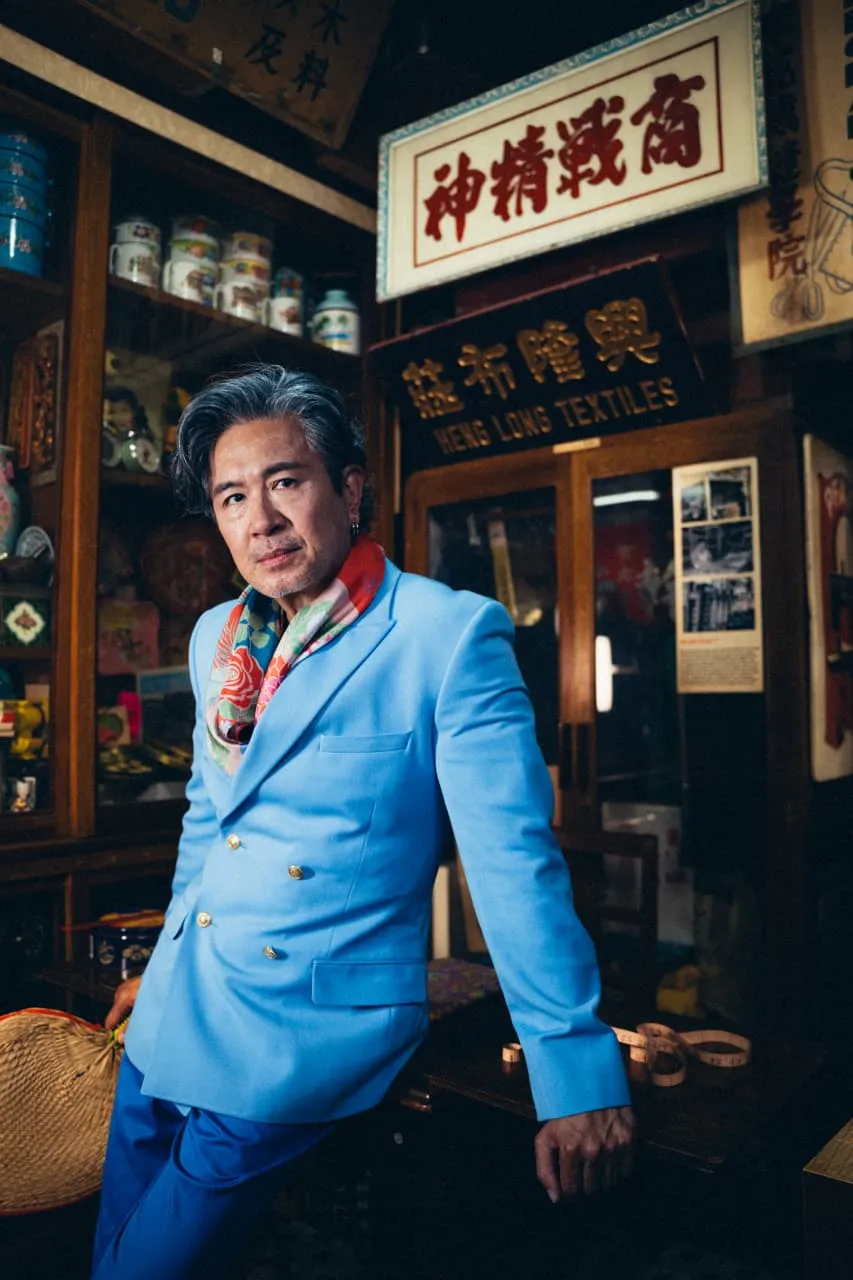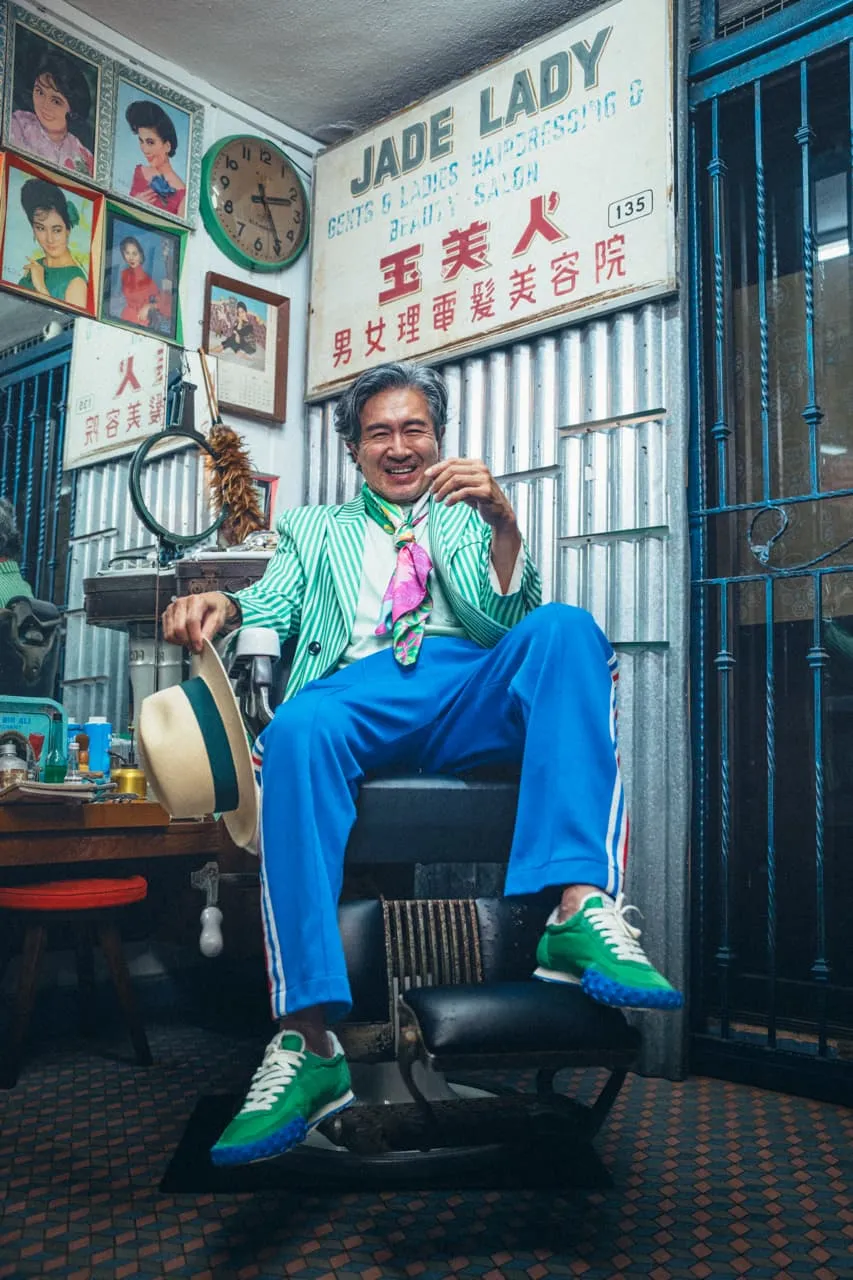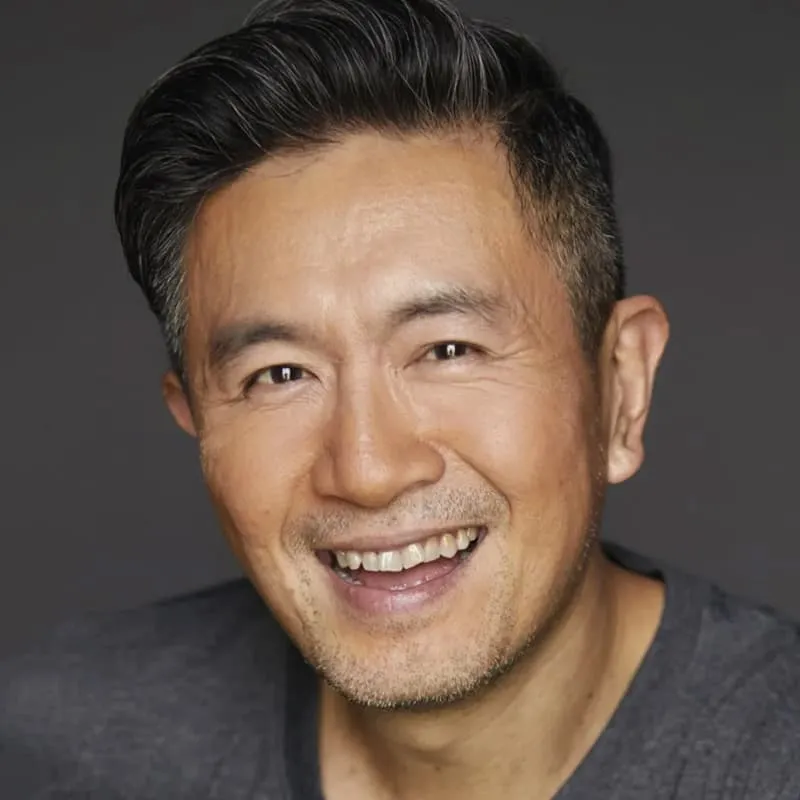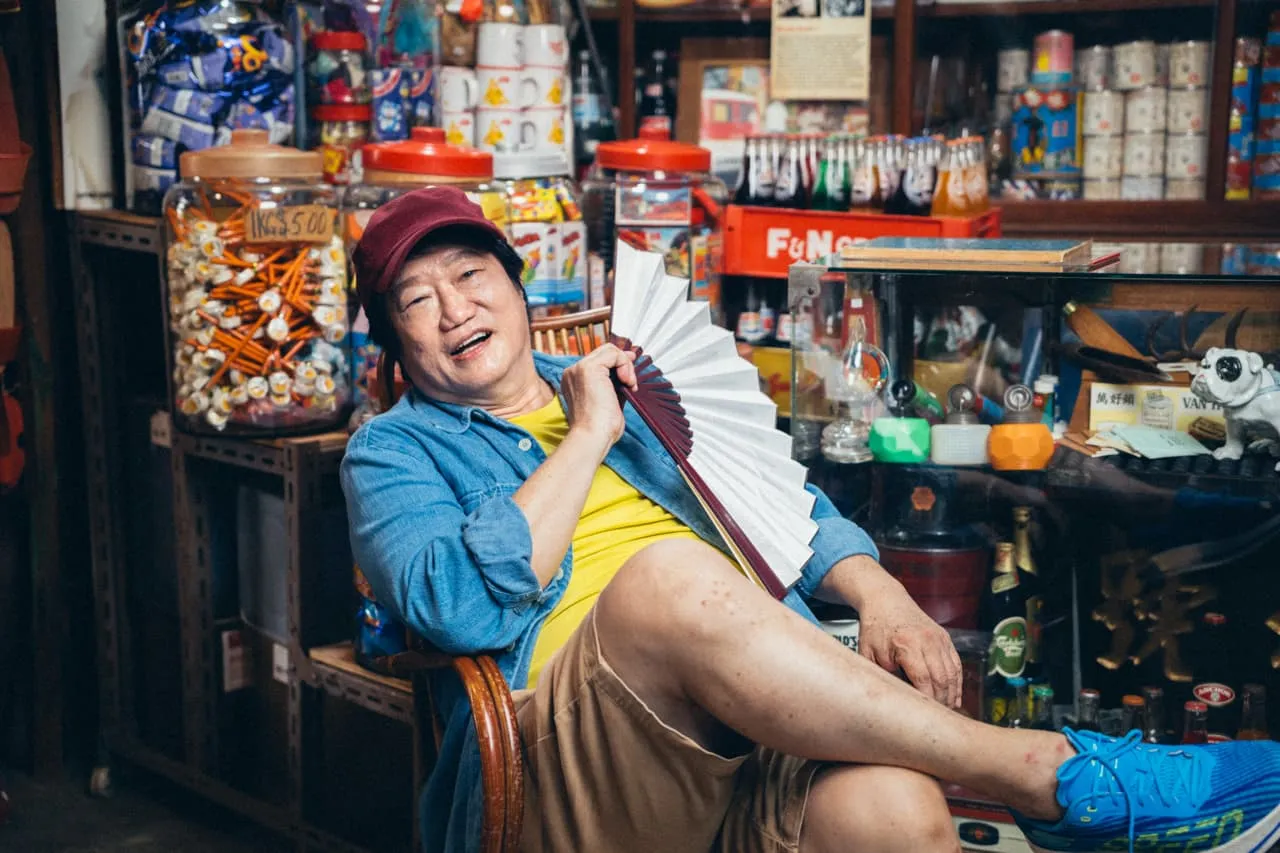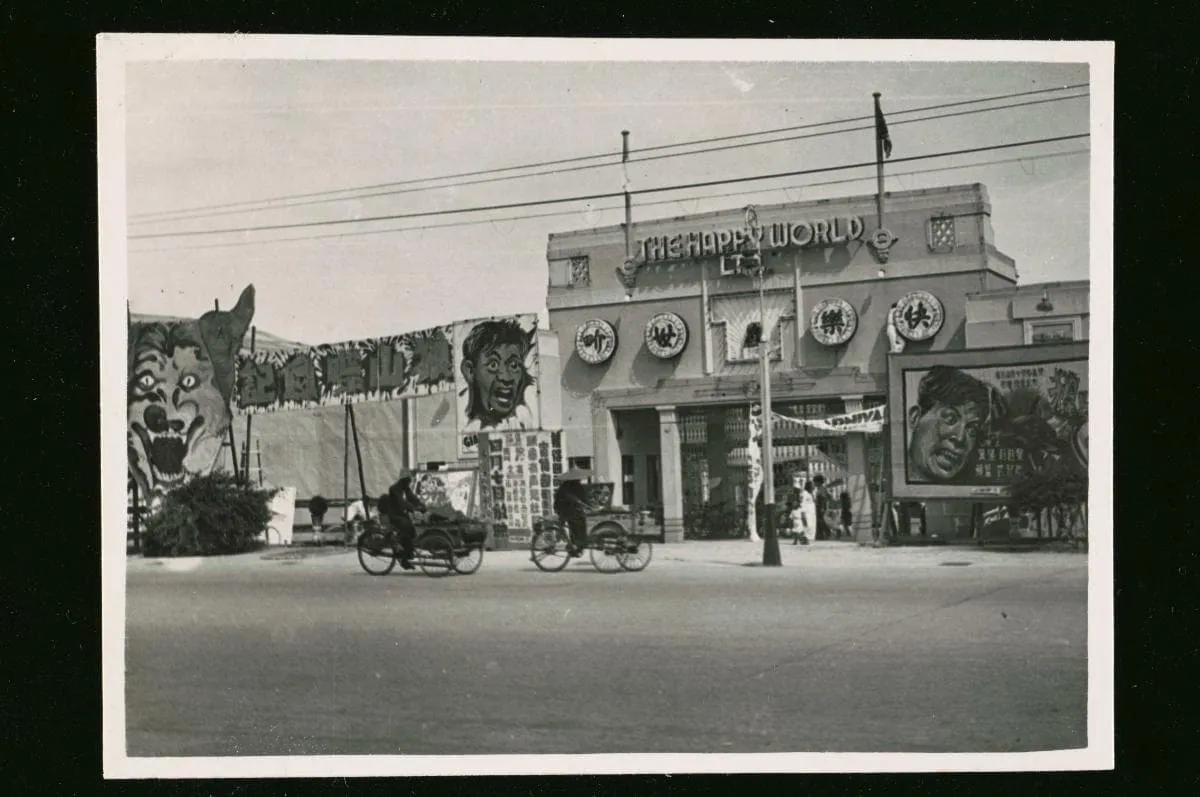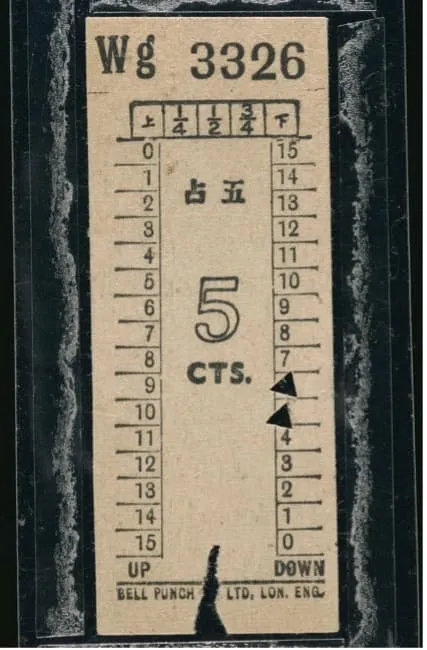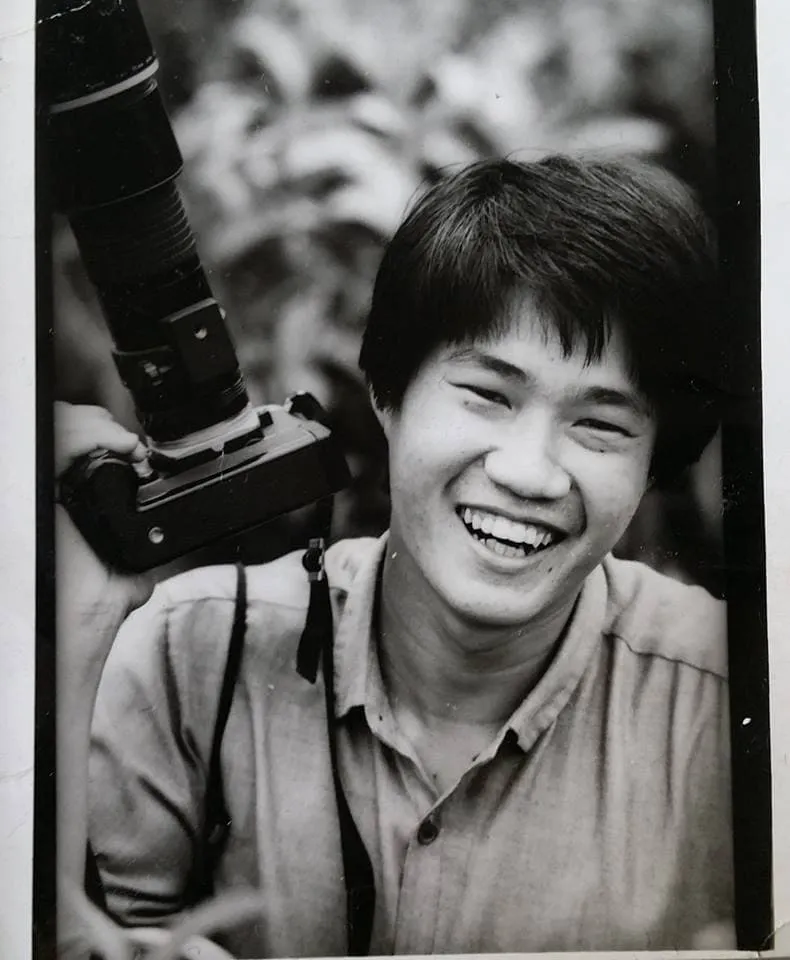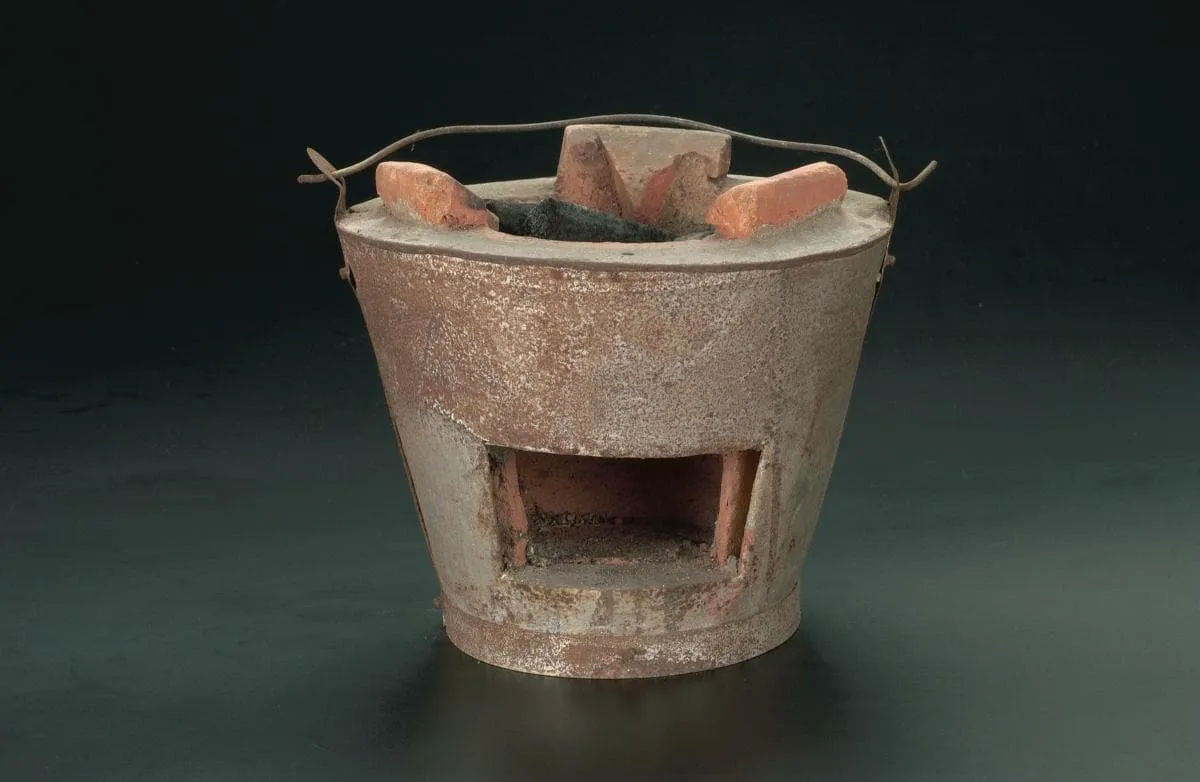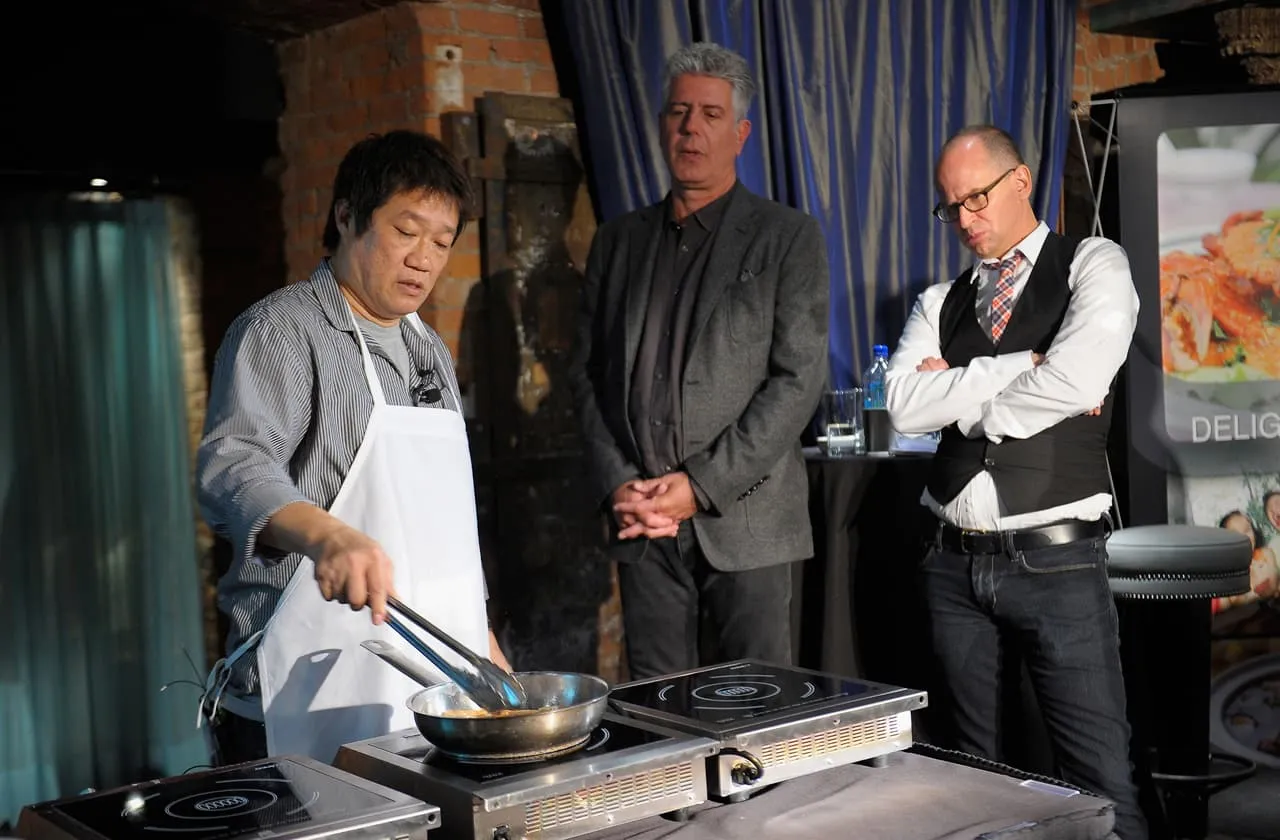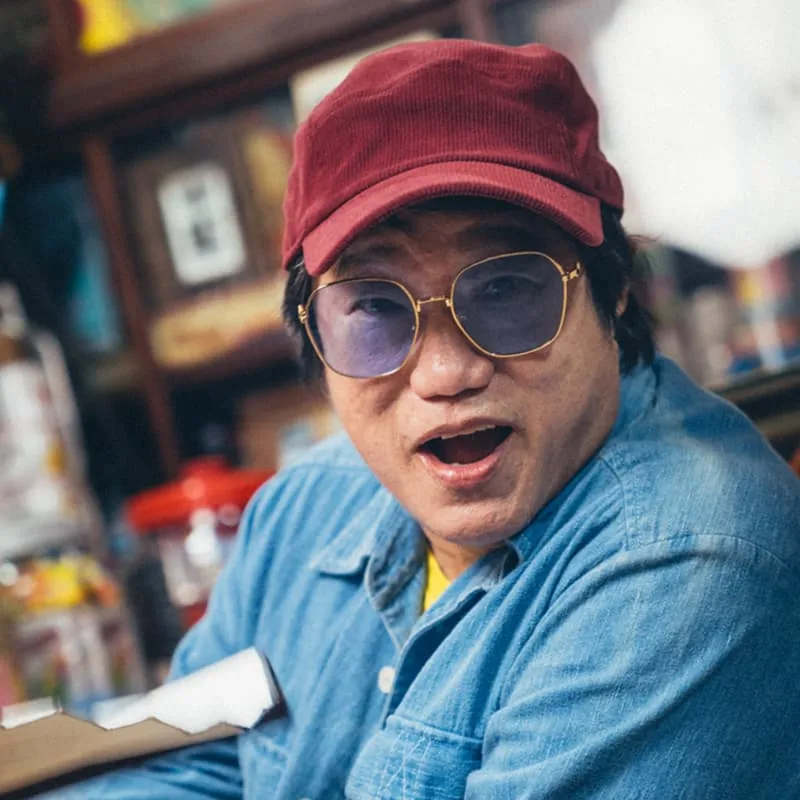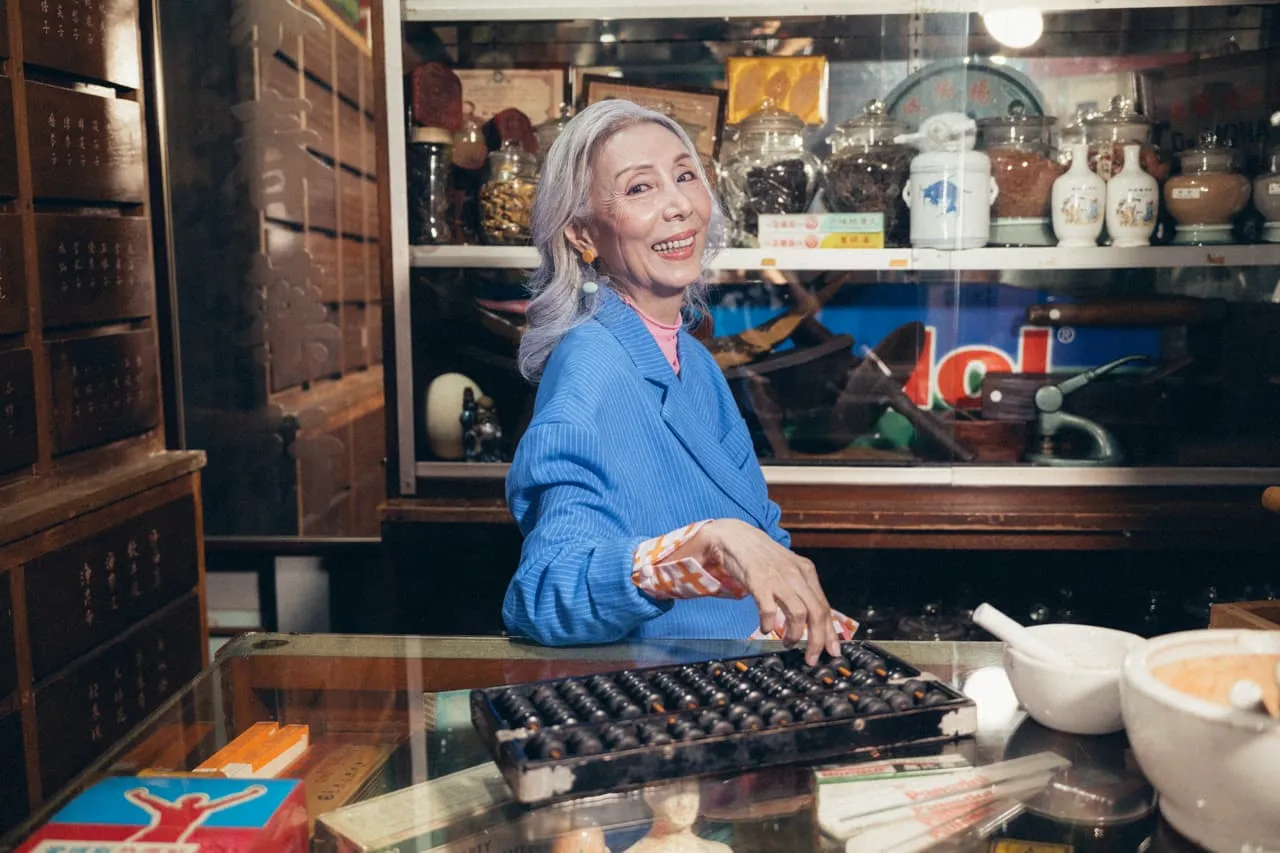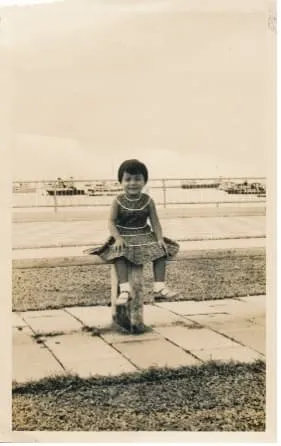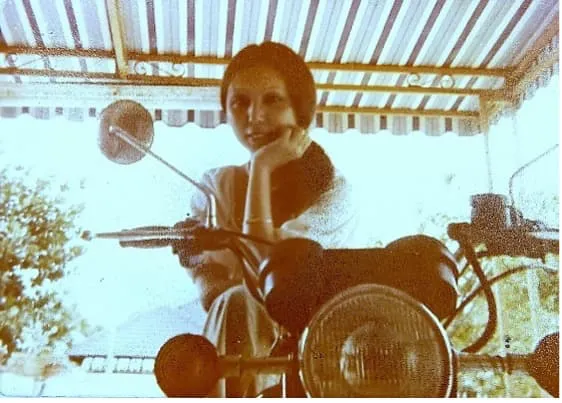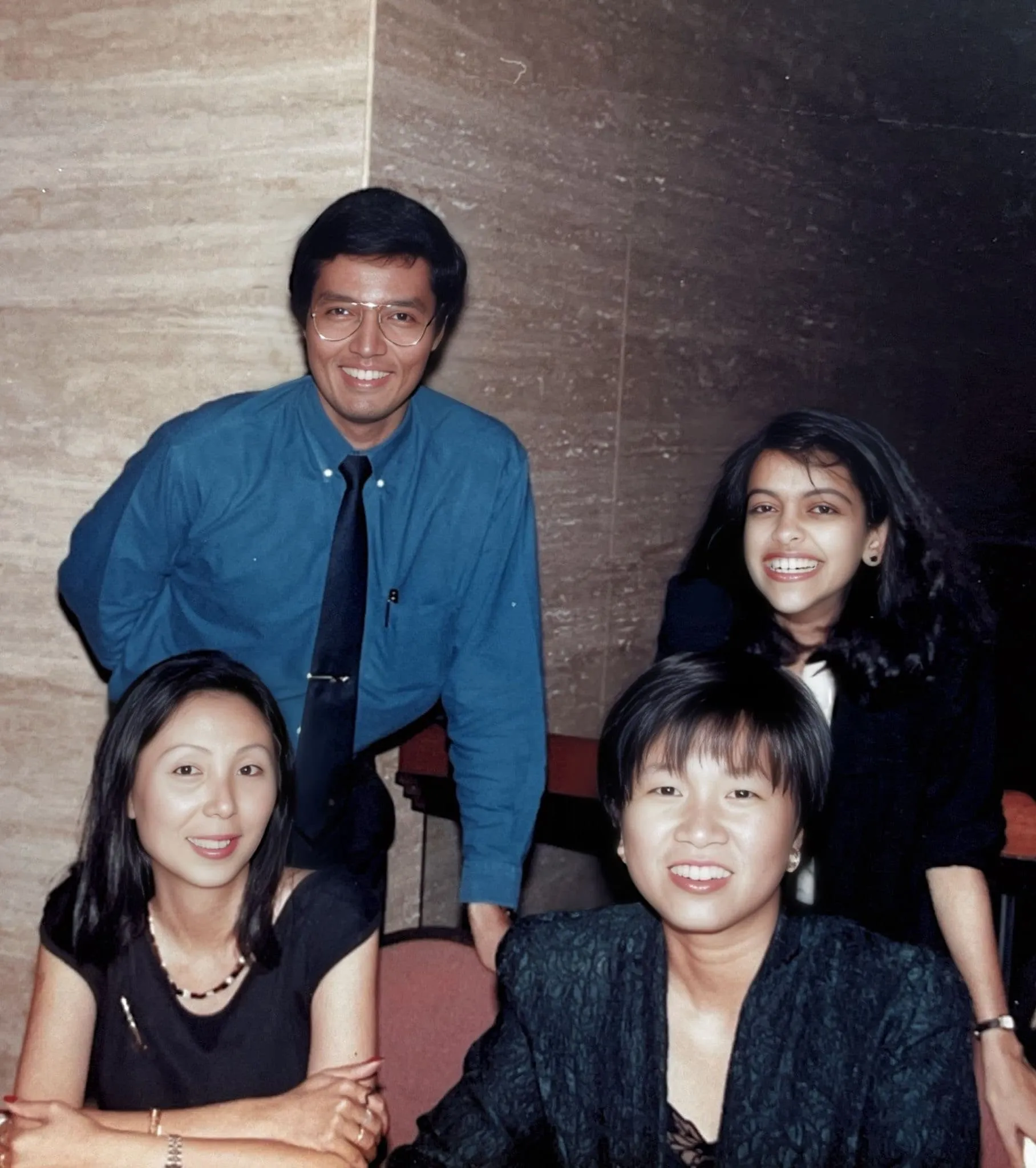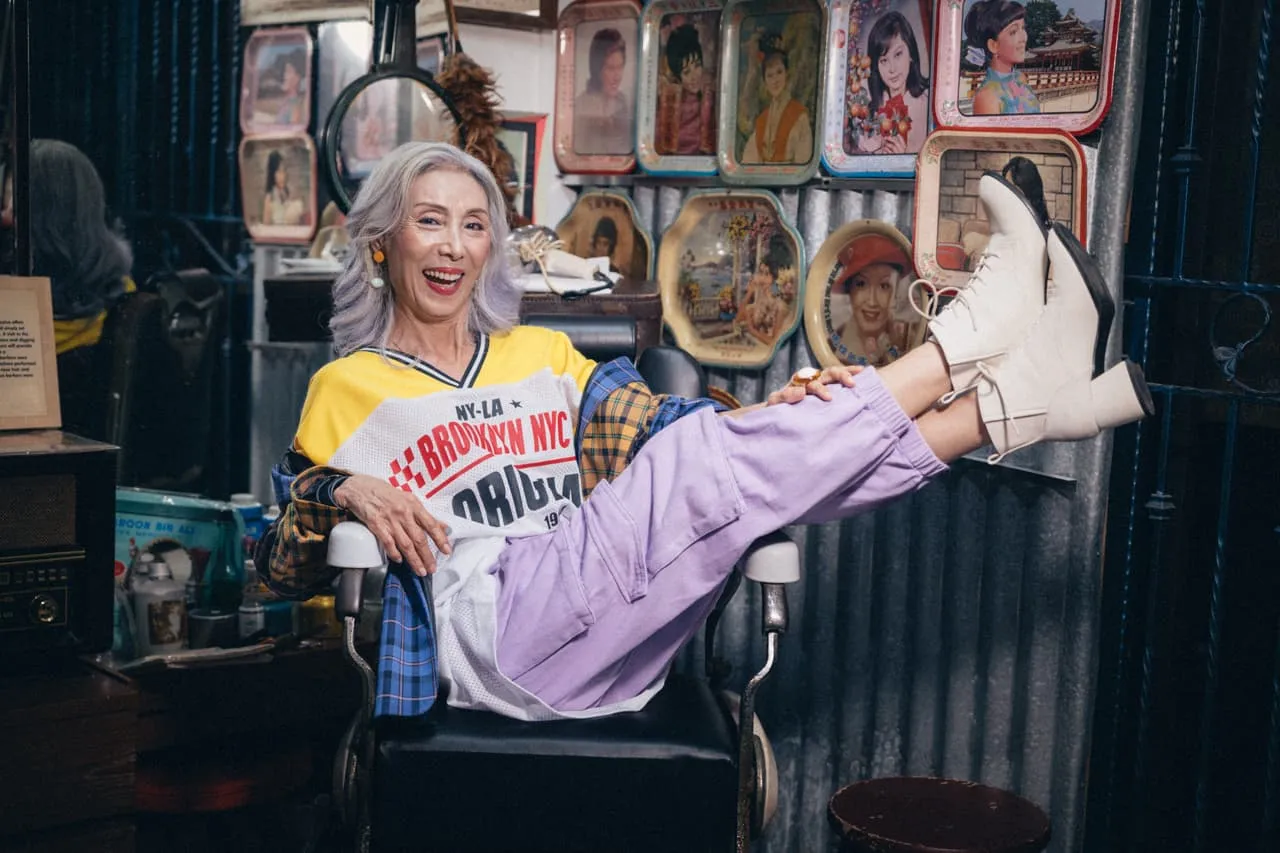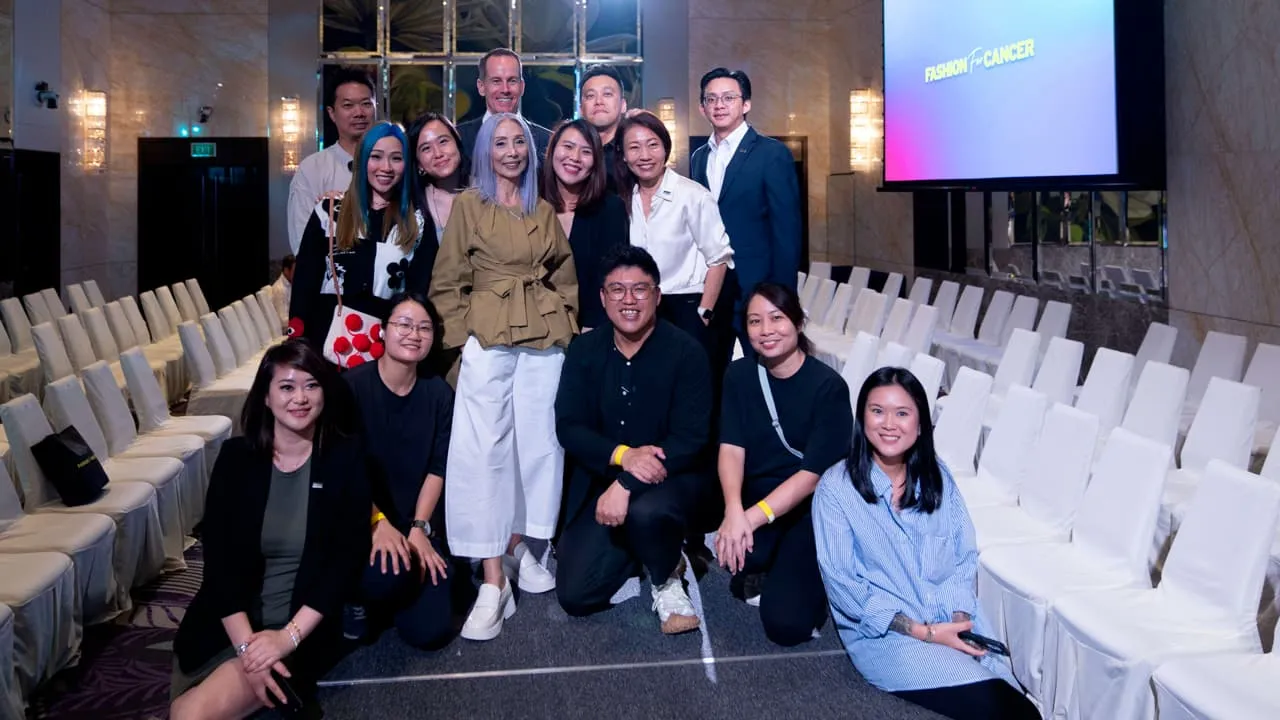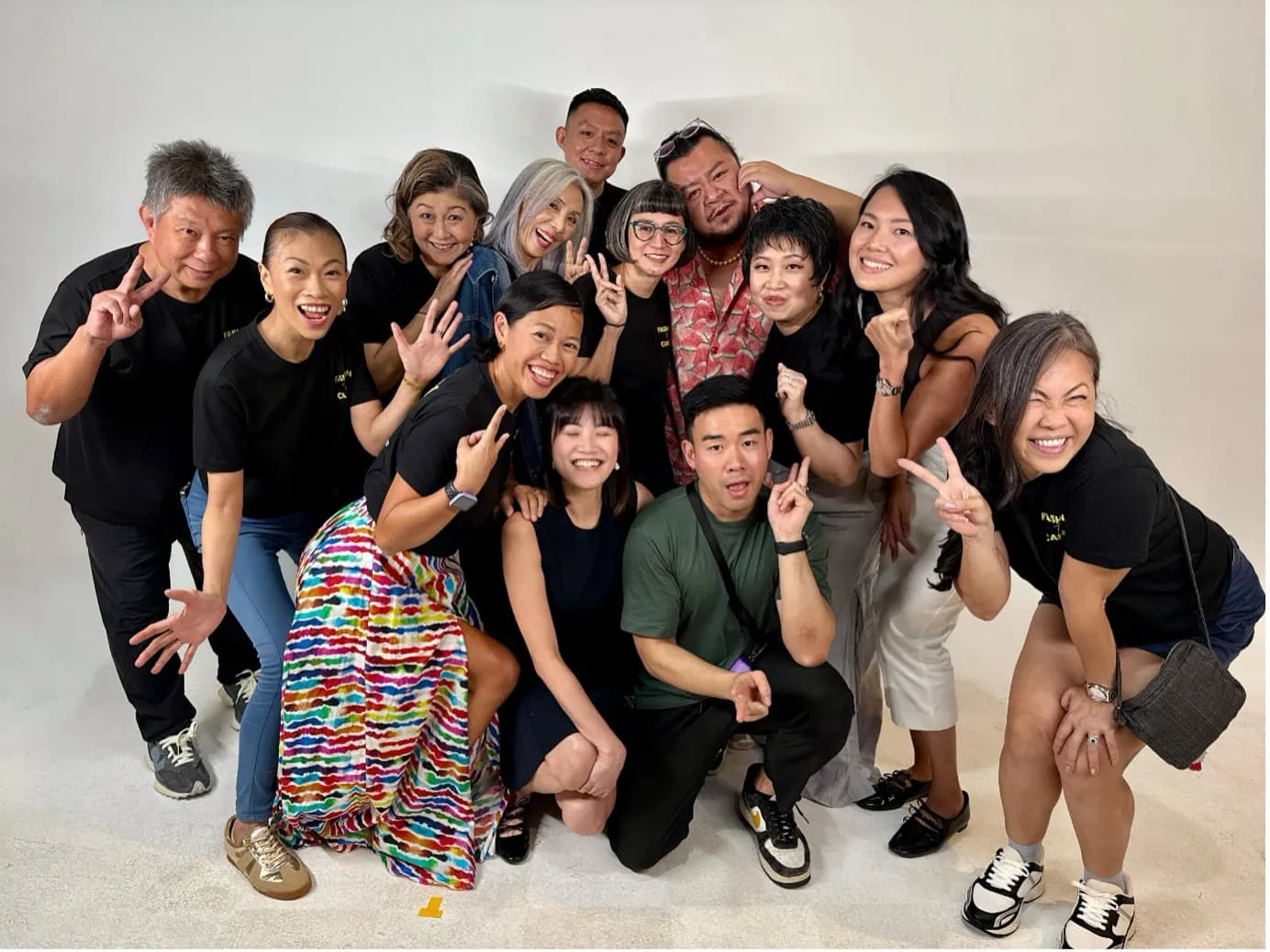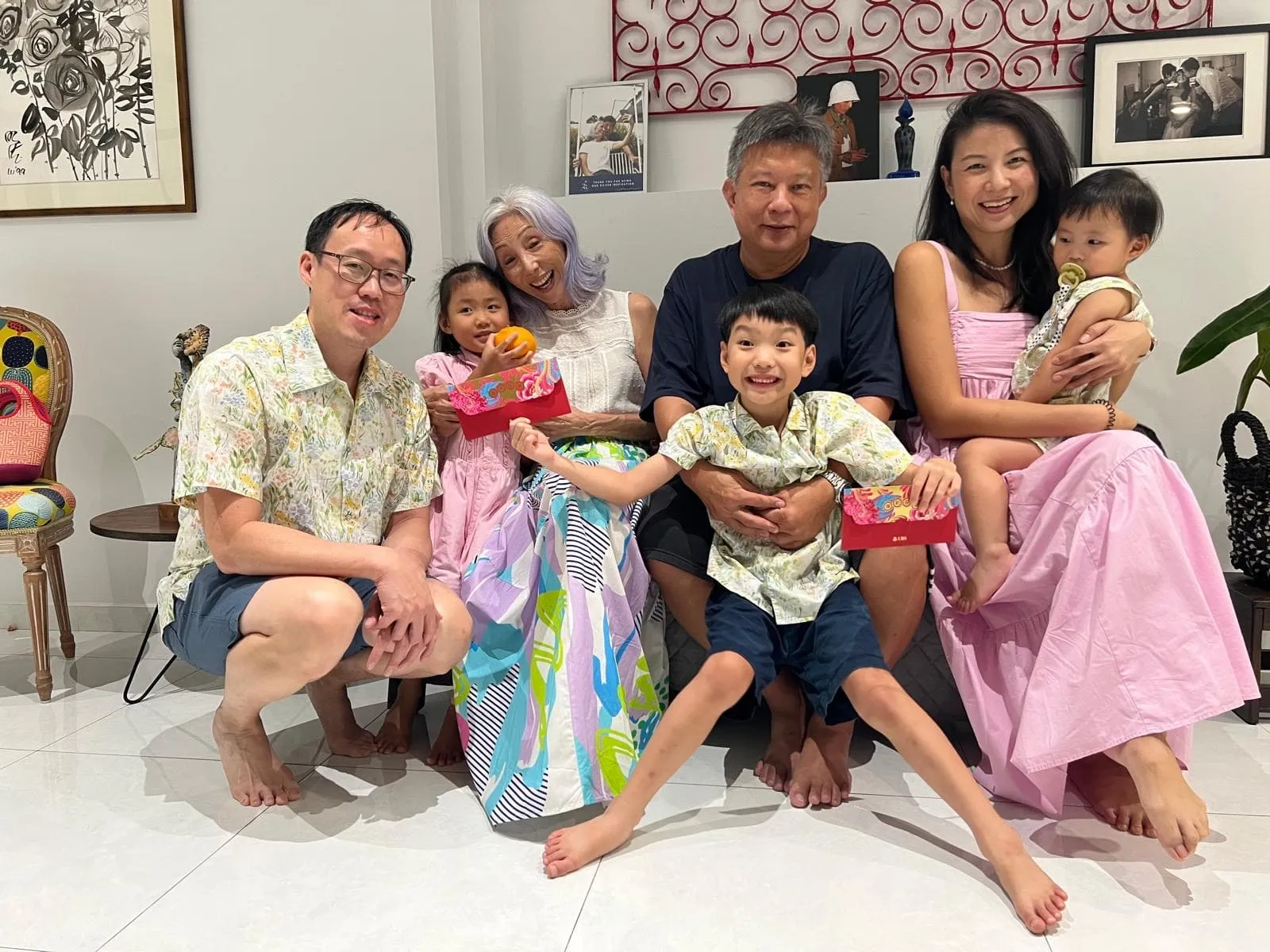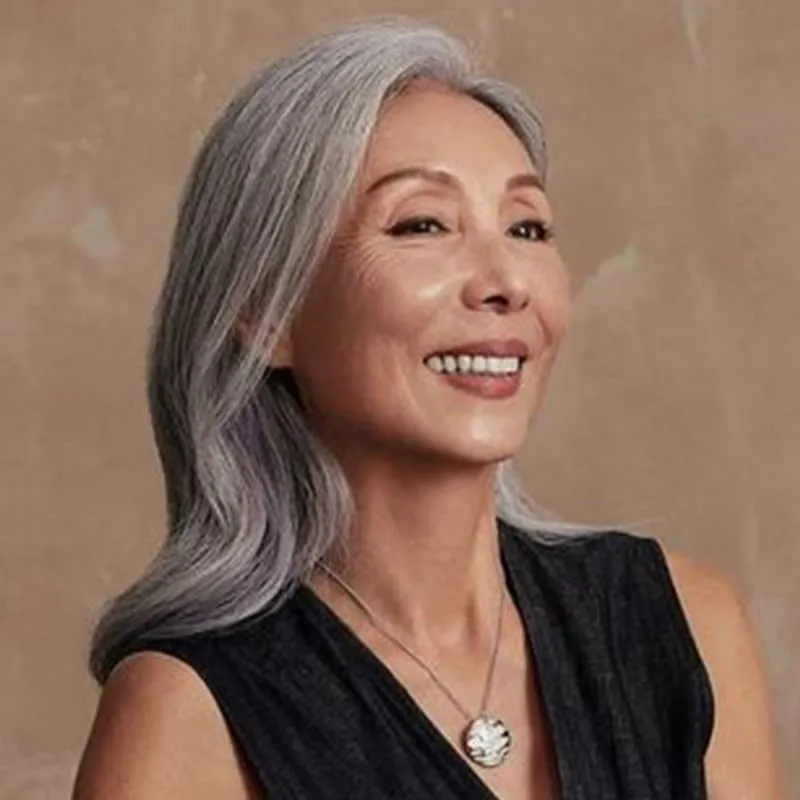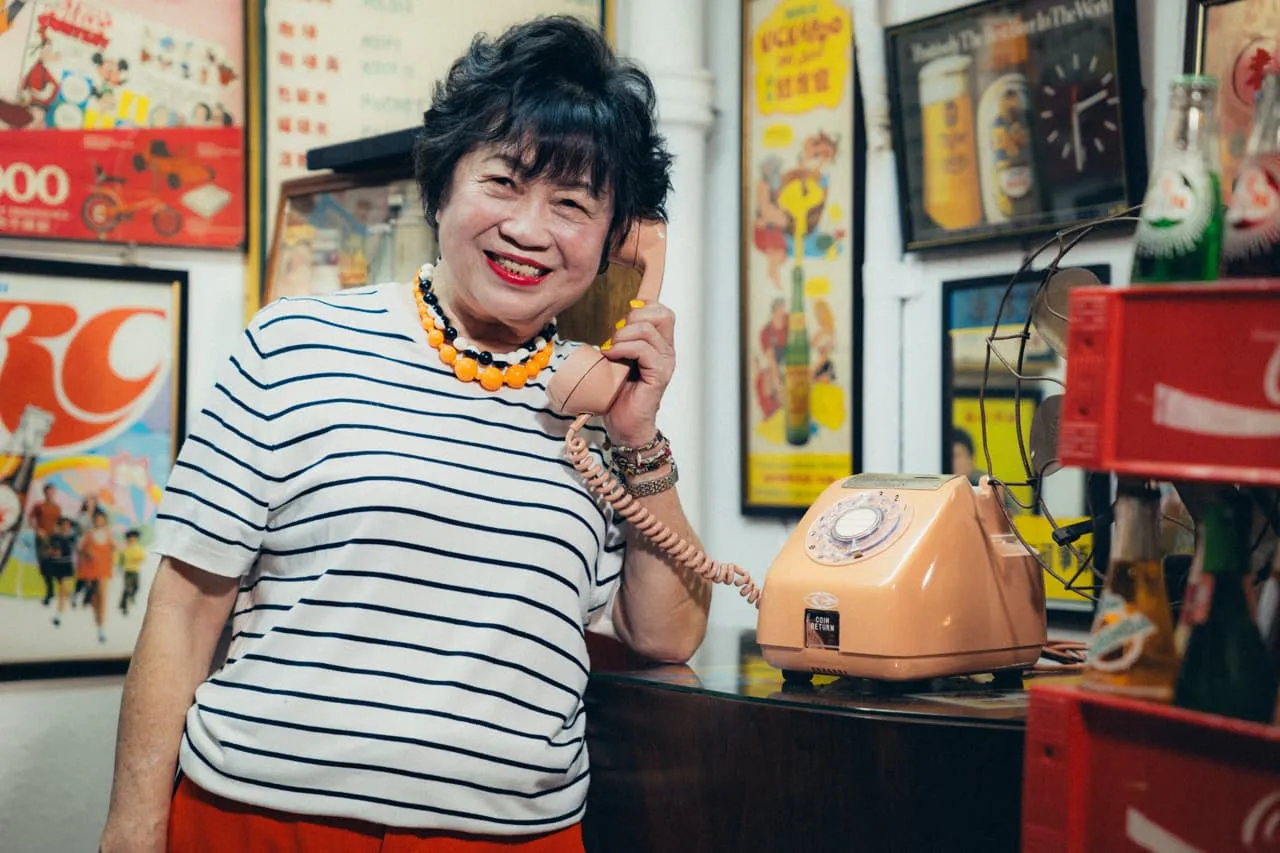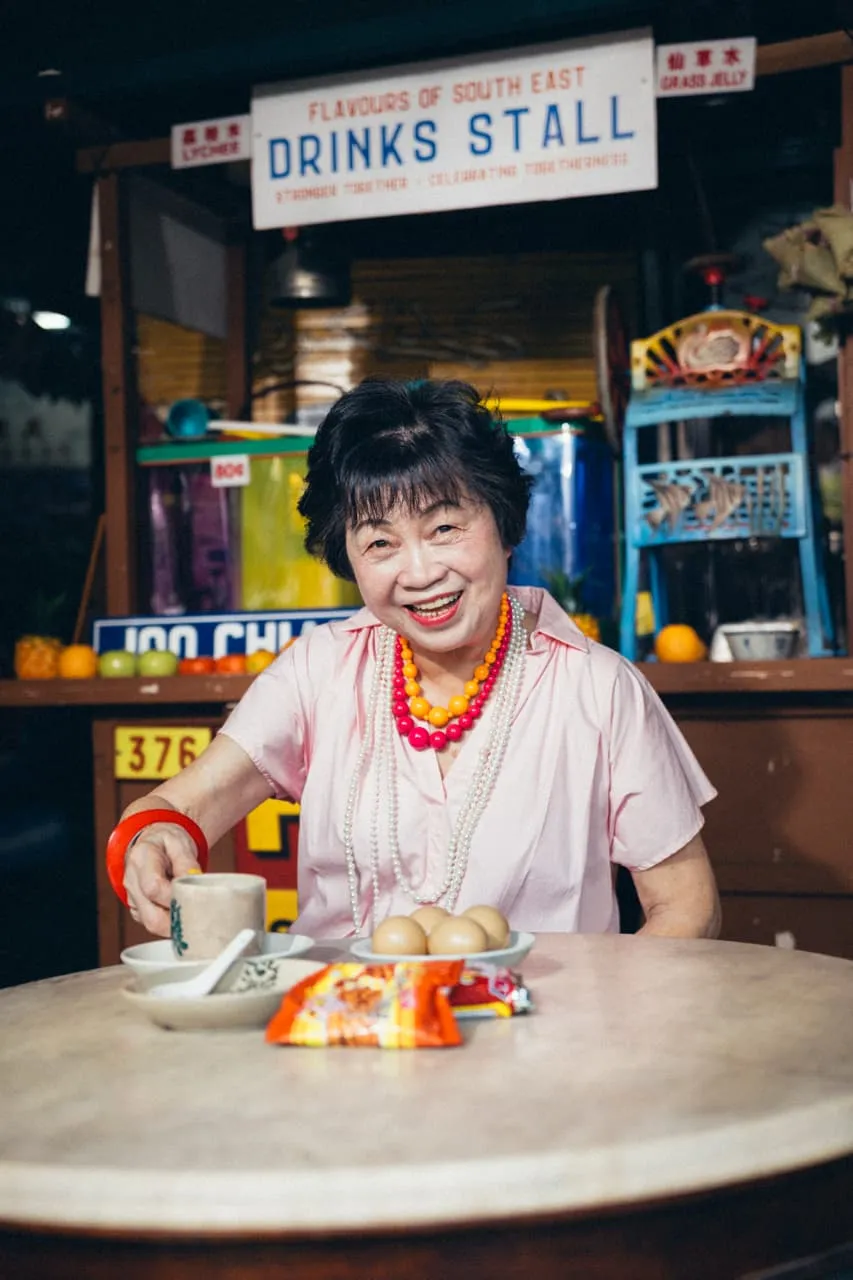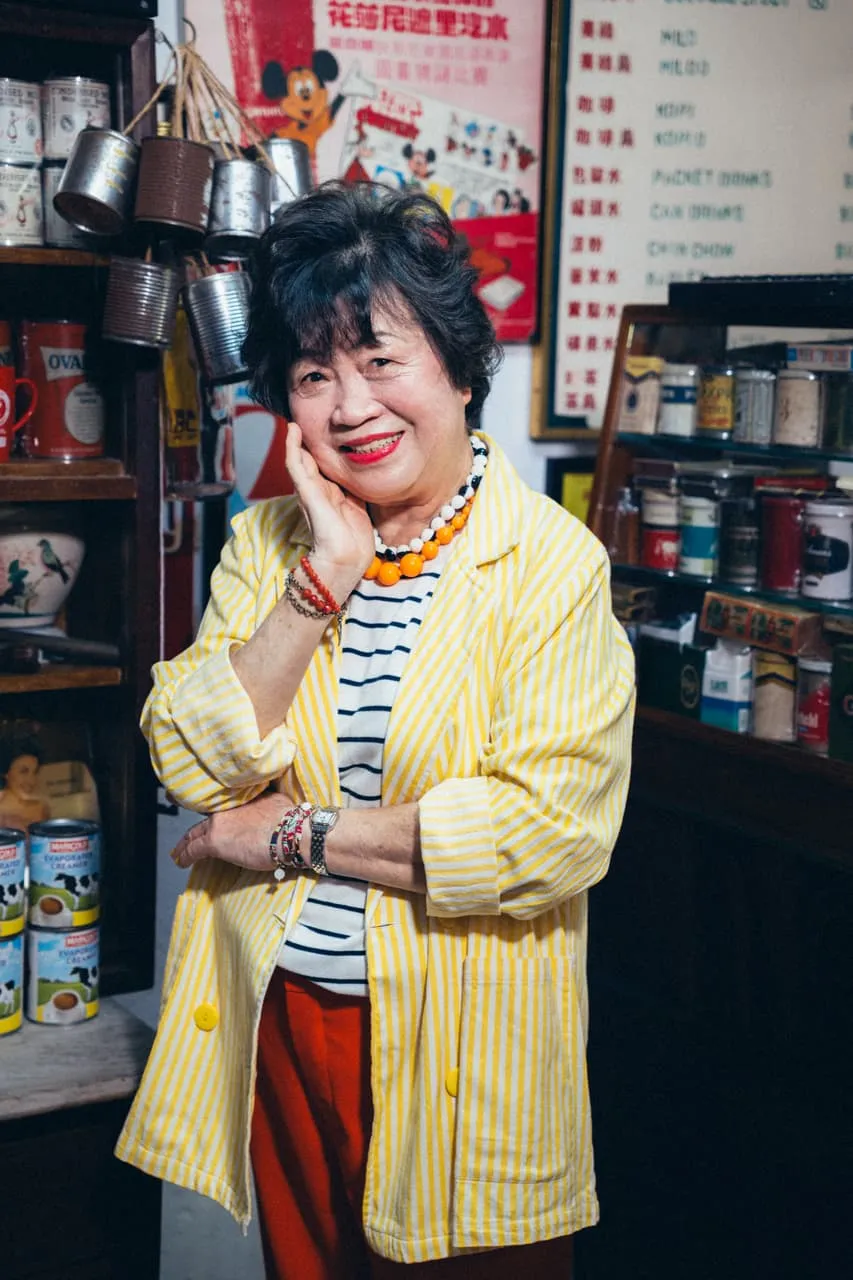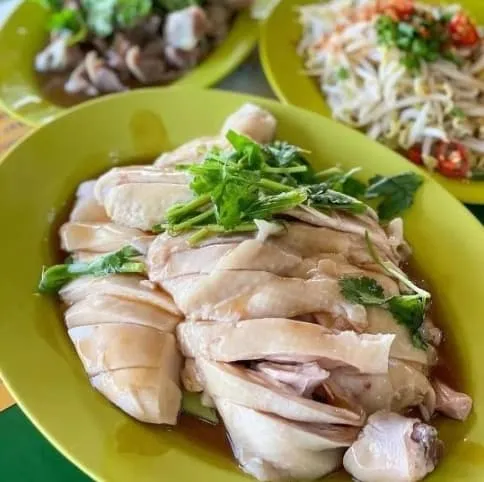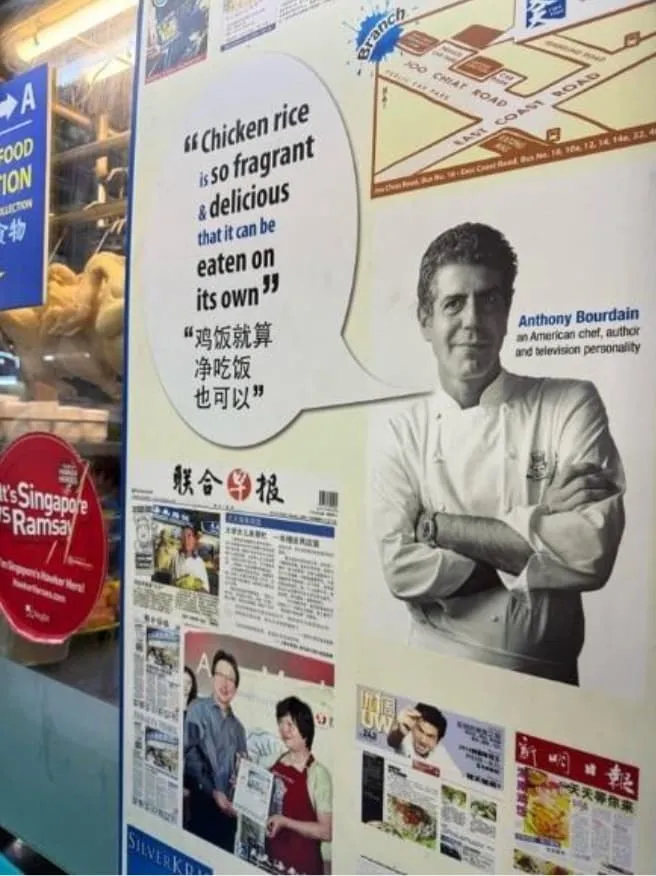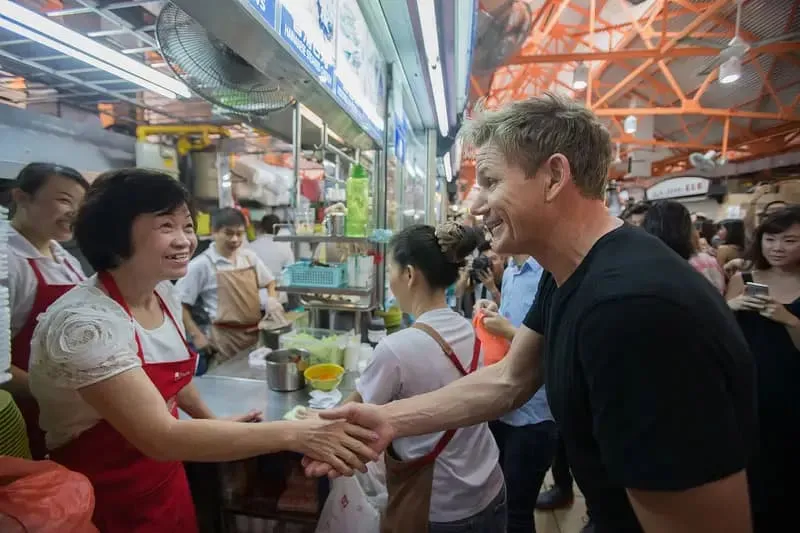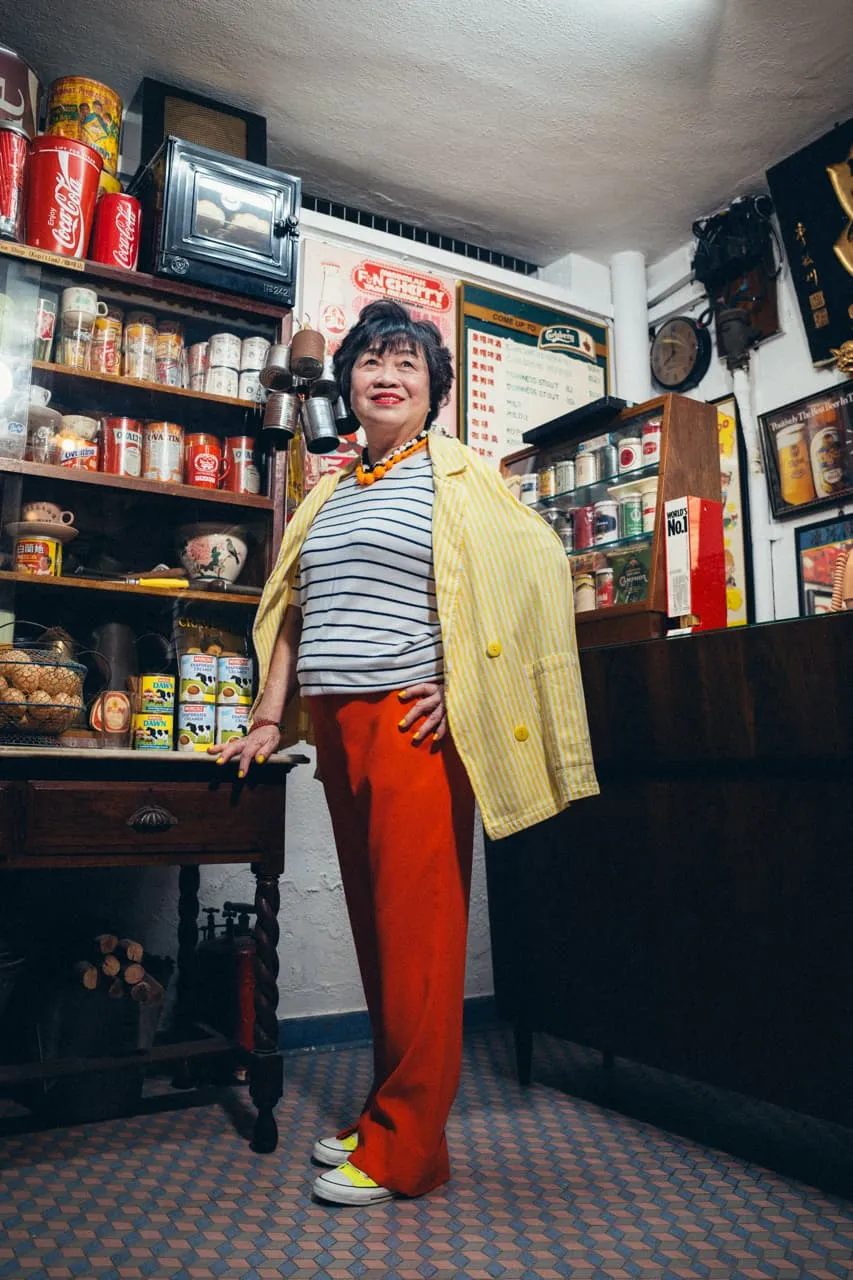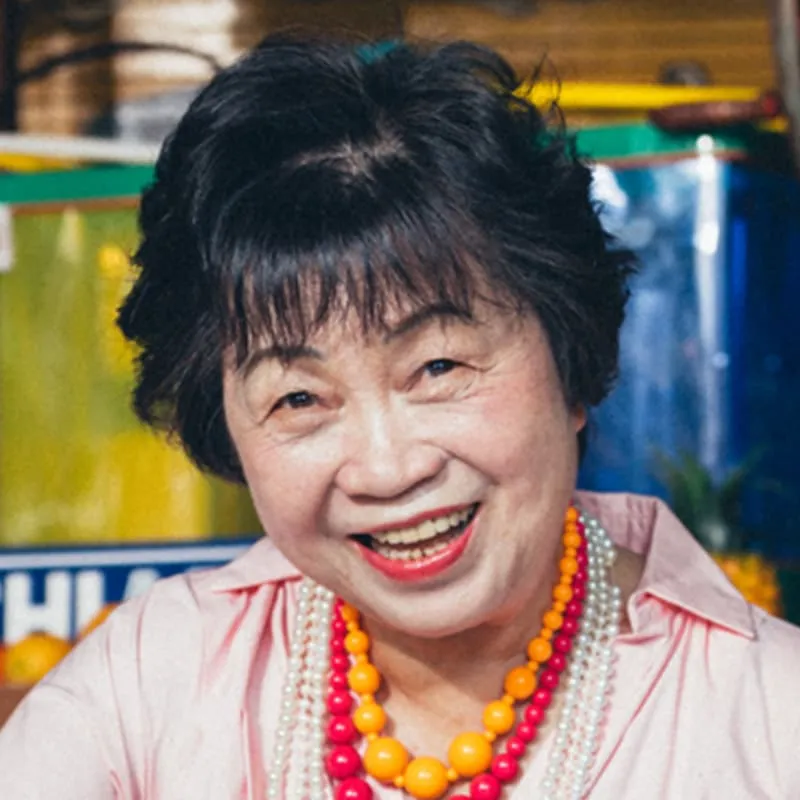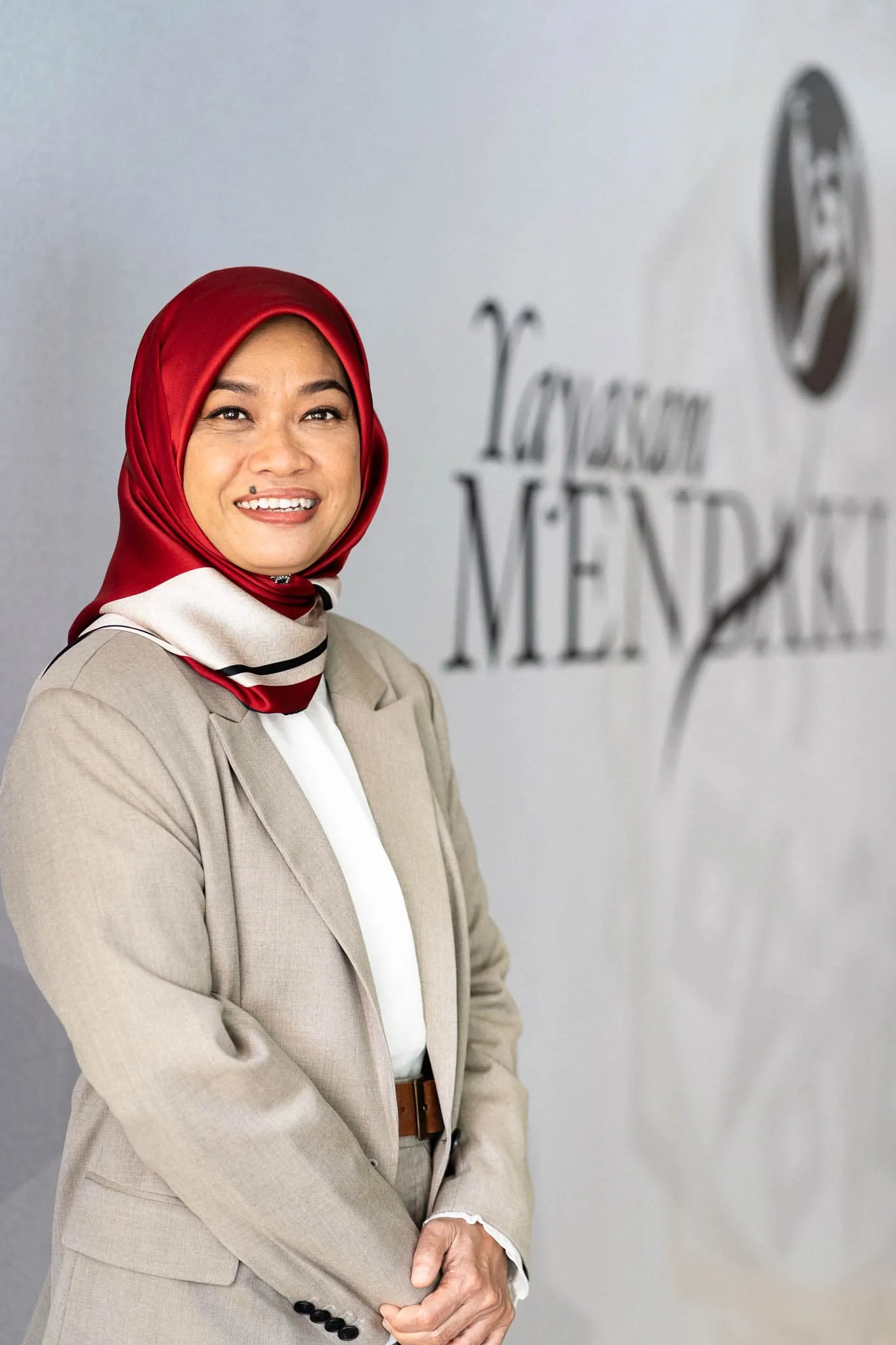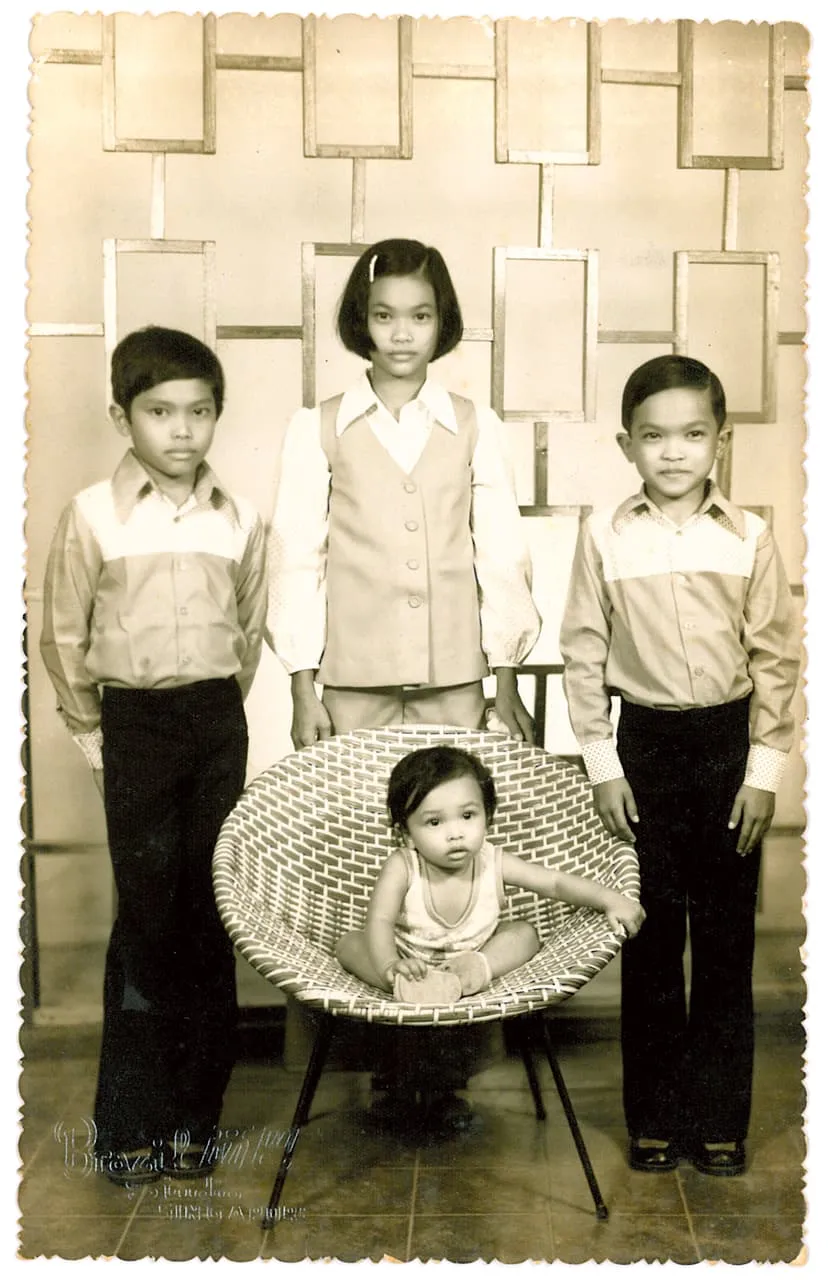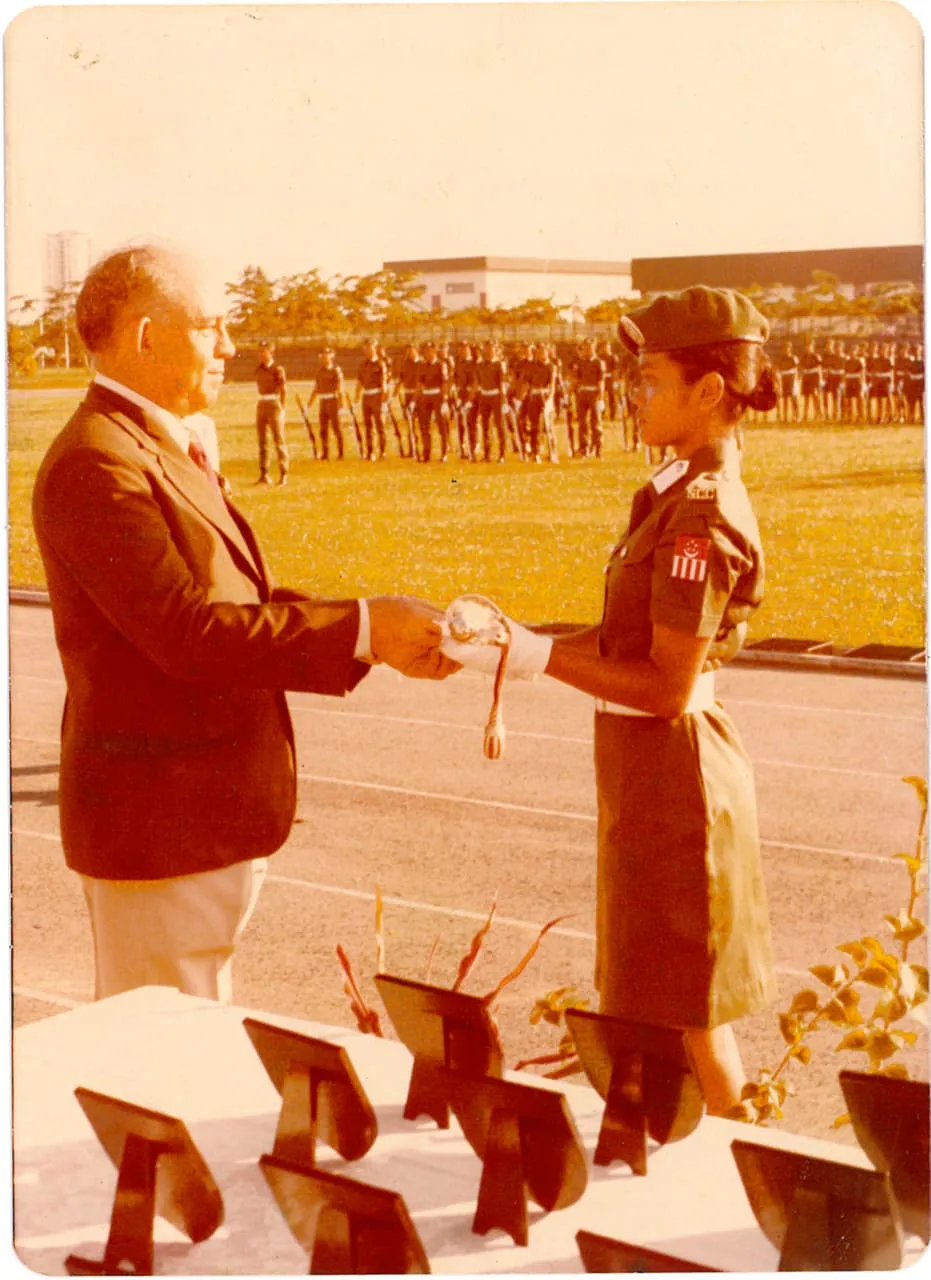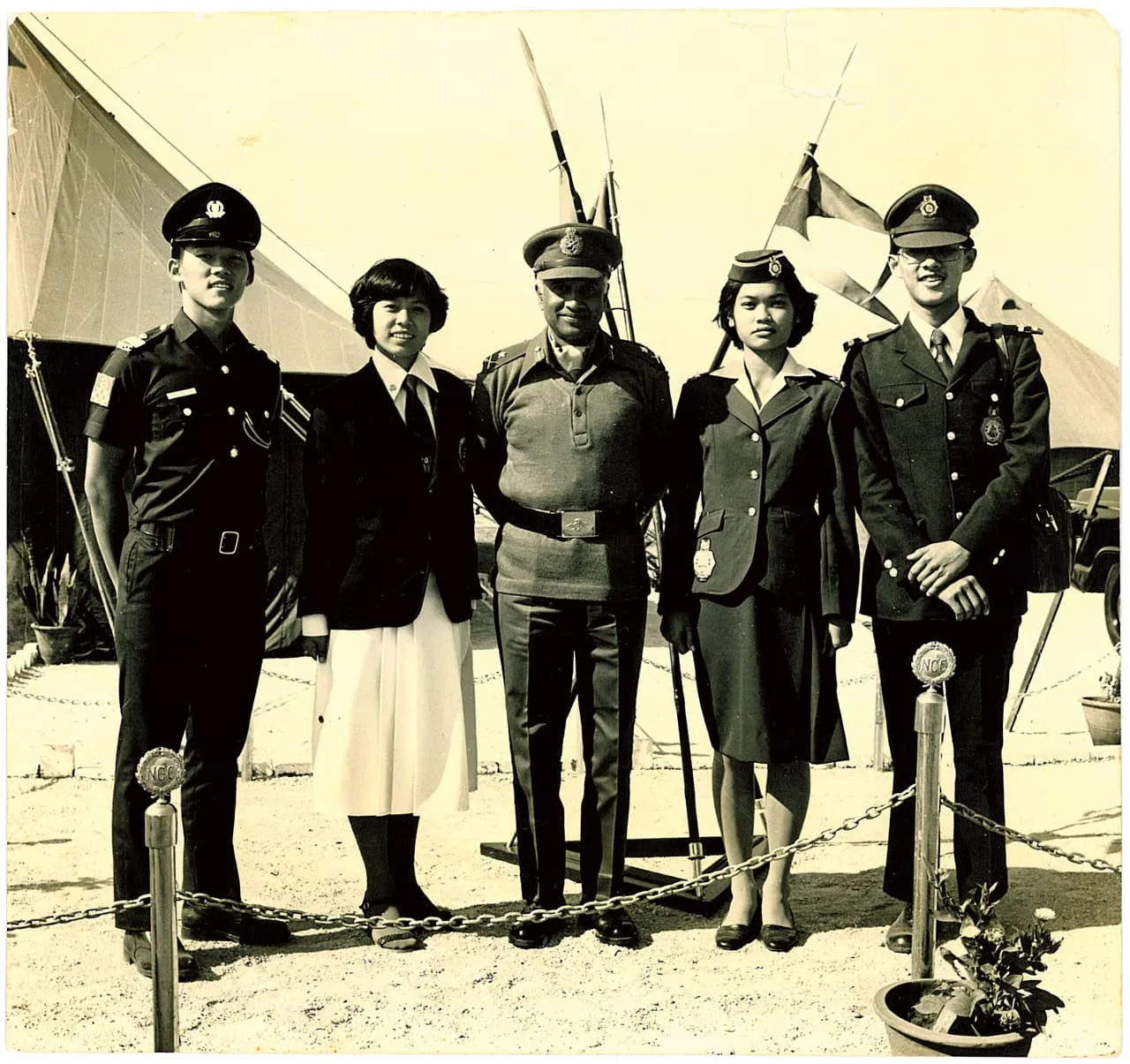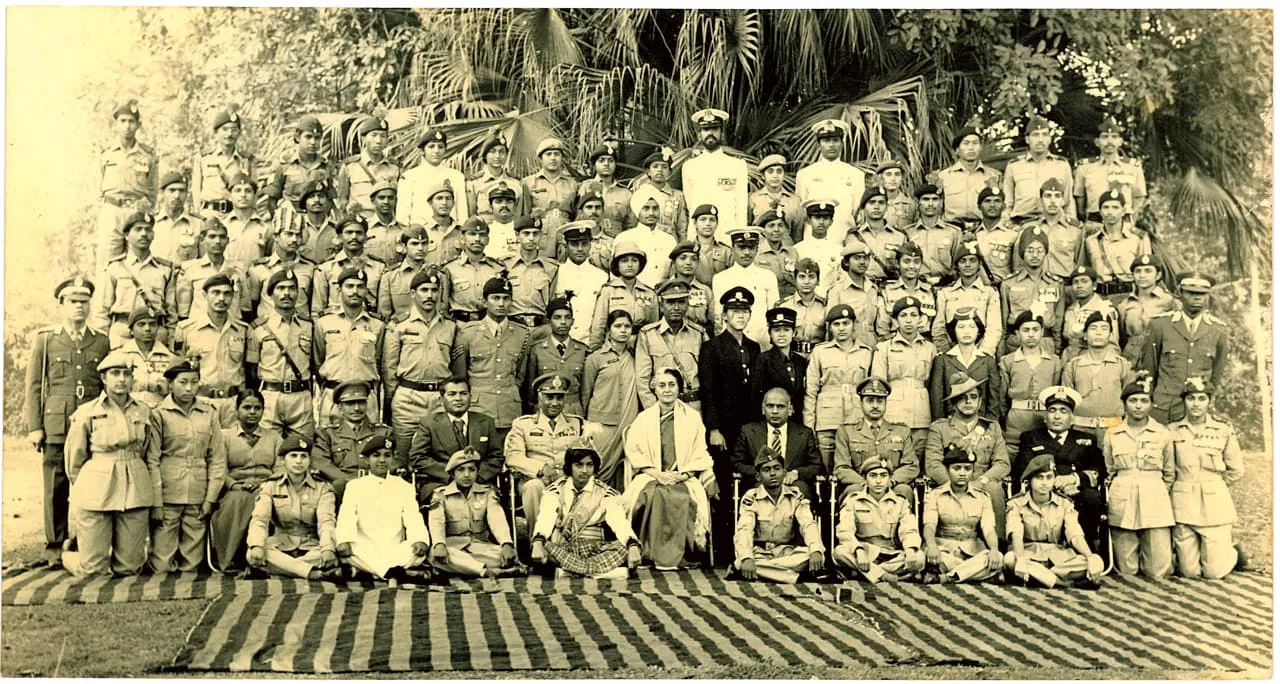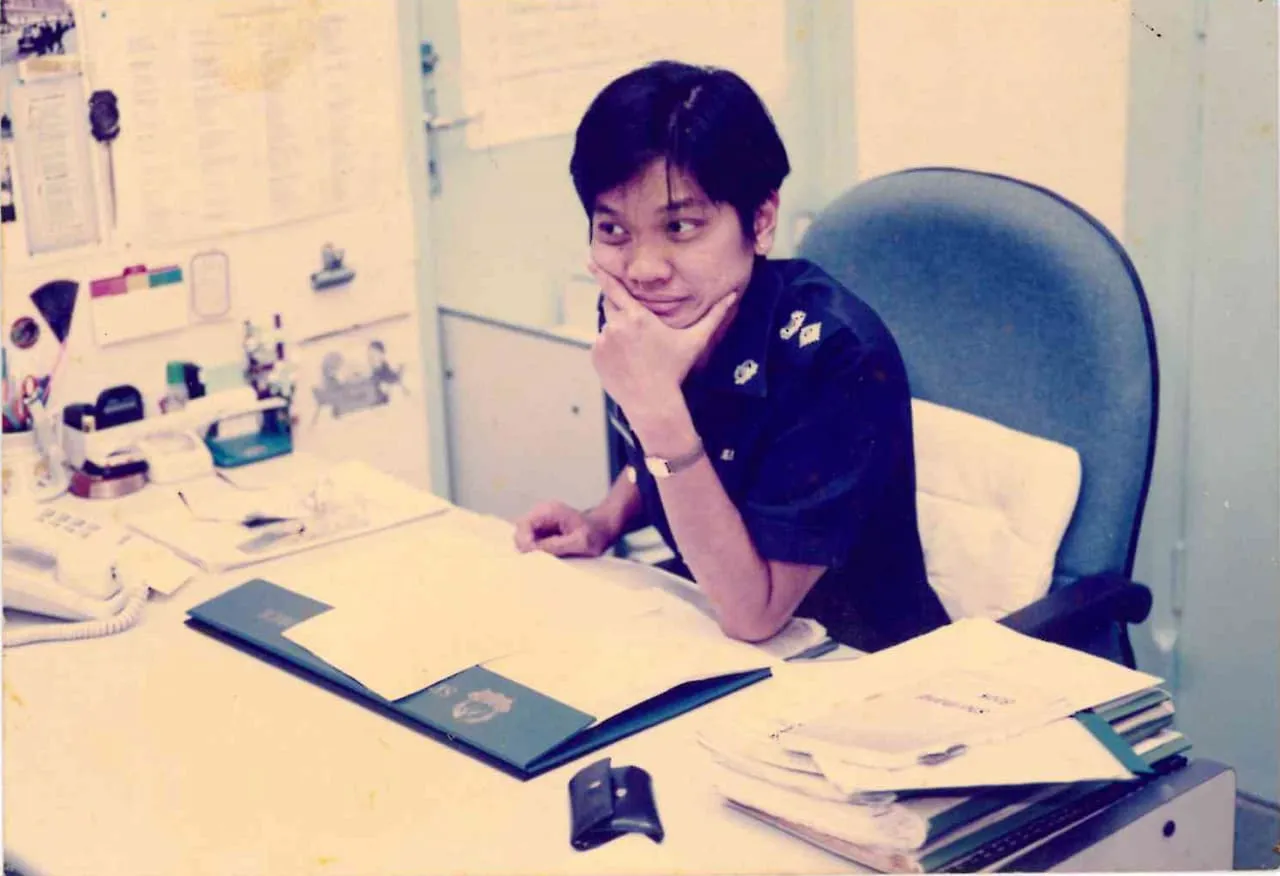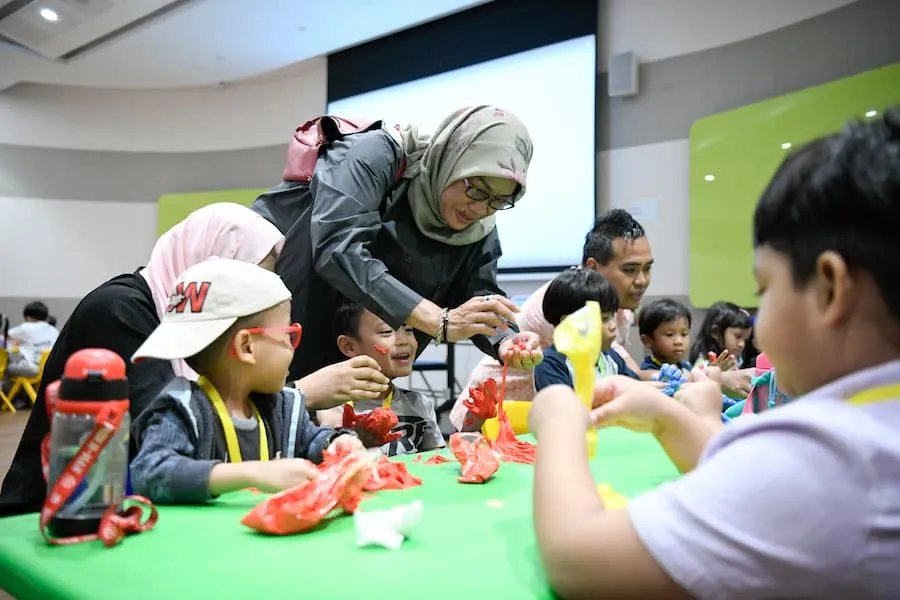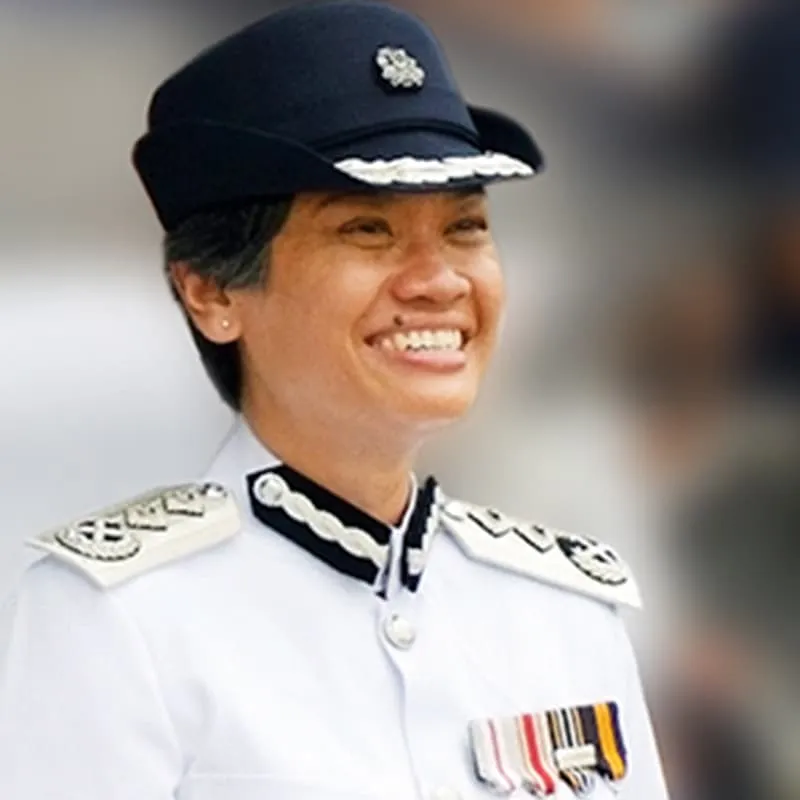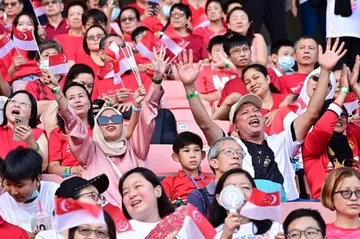From Bombay to Bishan: Veteran Singaporean actor and producer Daisy Irani Subaiah's missive to the country she's called home for the last 34 years
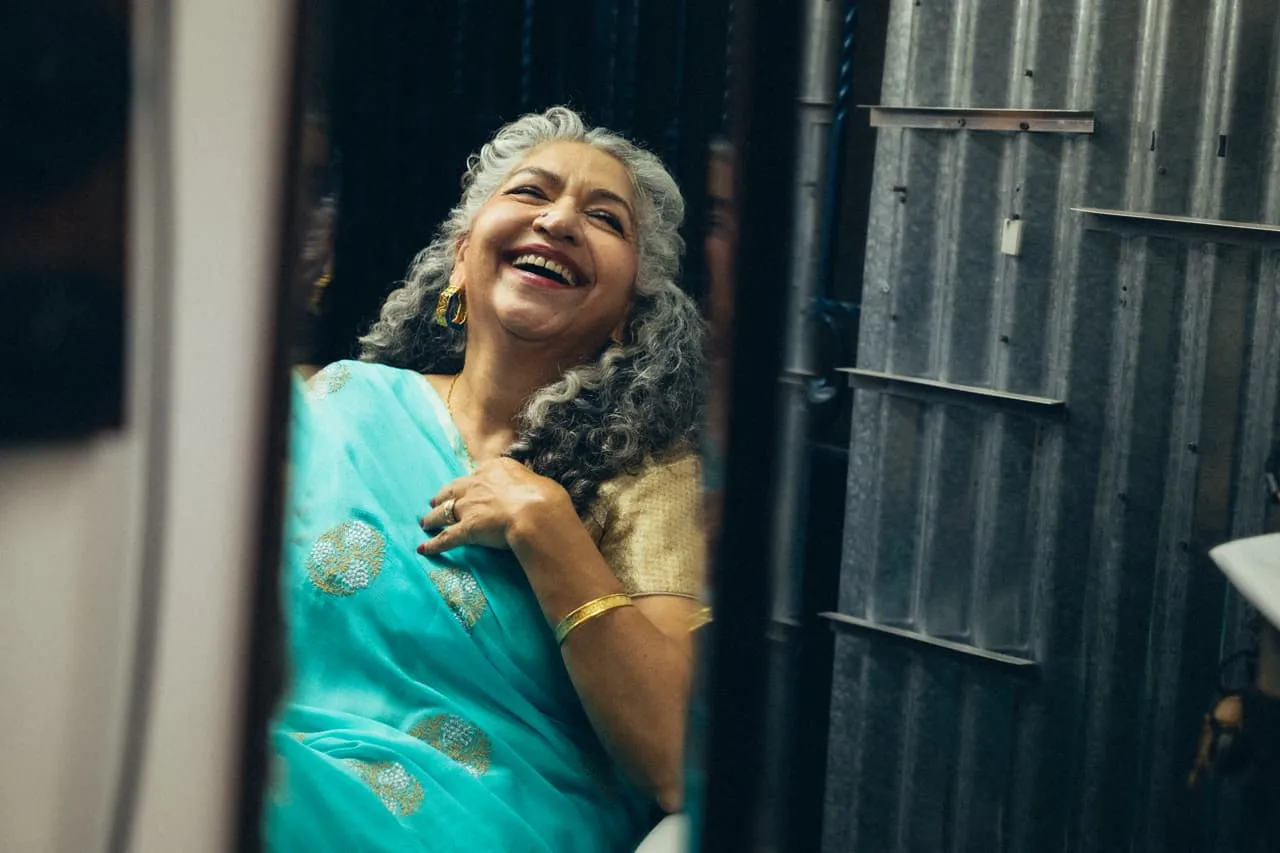
Daisy Irani Subaiah is no stranger to Singapore's small and big screens, or to its theatre stages. A veteran actor and producer, she has continued to win the hearts of Singaporeans with her endearing roles in shows like Under One Roof, and her boundary-breaking work for HuM Theatre.
"I've watched the skyline expand and accents evolve. I've seen the kampong (village) spirit live in HDB corridors. I've shared meals with neighbours of every race and religion, laughed alongside taxi uncles, and cried during National Day parades," she recounts.
When a wide-eyed Daisy Irani landed in Singapore in 1991, she had no idea that she'd be walking into the most important role of her life.
She arrived with her husband Subin, their infant son, five suitcases, and an internal monologue, which begged the question, "Daisy, what are you doing?"
"Love, and the promise of an organised MRT system brought me here," she laughs. She'd left behind a promising career in Indian television and theatre, and her support system – her parents and friends – in Mumbai.
"I'd played so many parts in India: the daughter of a legendary actress, a firecracker, and a theatre nut," she recalls. "I had danced Bharatnatyam until my feet ached and acted in so many Gujrati plays that I was practically living on stage."
And Singapore would be a whole new script.
Adjusting to a new country
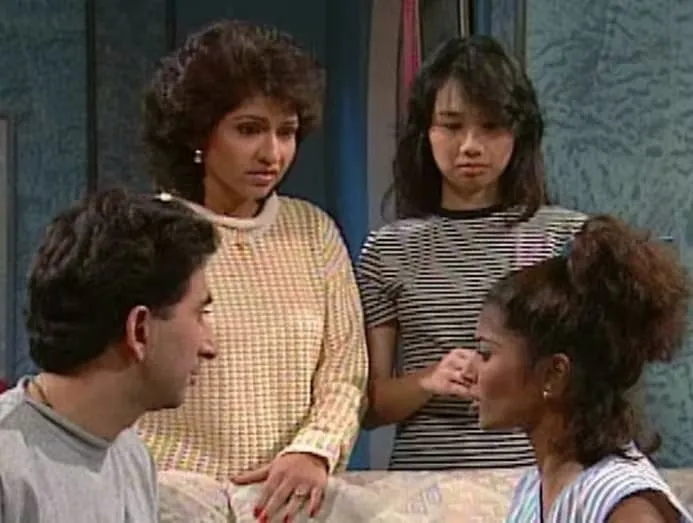
Daisy (in yellow) pictured alongside her castmates on the set of Under One Roof.
Daisy's first impression of Singapore was that it was "shiny, orderly, and terrifying."
"There are real rules here, which if broken carry harsh consequences. You couldn't jaywalk, or carelessly toss a plastic wrapper onto the streets, or drive when the lights weren't green, otherwise there would be huge fines to pay," she mentions.
Unlike India, where she could talk her way out of almost any situation, she found herself queuing for everything.
And while these rules ensured that life in Singapore moved smoothly like clockwork, Daisy found herself rather depressed. With no major theatre scene in the country, and the Television Corporation of Singapore insisting she sit for a written exam to secure a job as a producer, there seemed to be little in terms of job opportunities.
So, she decided to volunteer, and spend time with her kids. Getting around the country, even with two young children in tow, was smooth-sailing, so she frequently visited Singapore Zoo and Jurong Bird Park.
"I'd heard of entrance exams for medical school or university, but not to get a job at a broadcasting station," she quips. Admittedly, she was a bit thrown off, but passed with flying colours nevertheless.
But then something incredible happened. She attended an audition and was offered the role of Daisy for a local sitcom titled Under One Roof.
At first, the producers did not know what to name her character. "I thought to myself, 'Call me anything you like, but just give me the role', she chuckles. Eventually, the producers settled on her own name, Daisy.
And just like that, Daisy became Daisy Matthews, a single, twenty-something advertising professional who would lend car rides to her neighbour's children, and constantly bicker with her on-screen younger sibling, Michael.
"Suddenly, there I was, playing a character with the same name as mine, in a story that wasn't too far from my own. An immigrant, a mother, a neighbour. Loud, dramatic, and loving. Sounds familiar?" she laughs.
Acting in a show like Under One Roof was a revelation for Daisy. Besides being Singapore's first English sitcom, the show brought together Chinese, Malay, and Indian neighbours who lived in the same HDB (public housing) flat in the neighbourhood of Bishan.
"All these families were under one roof, literally and metaphorically. That, to me, is Singapore – a noisy, diverse, and loving family that argues over dinner, but always shows up when it matters," she mentions.
And it was during those years on the set of Under One Roof, that Daisy felt she was becoming truly Singaporean. "I started to understand what it meant to belong, to adapt, to contribute, and to care," she comments.
And true to her observation, the show was a game-changer not just for her, but also for Singapore. At 8pm every weeknight, the nation would tune in to watch the shenanigans of the Tan, Hassan, and Matthews families.
Under One Roof ran for seven seasons, and was immensely well-received, both critically and commercially. It picked up a slew of awards in the late Nineties and served as a spiritual blueprint for future local sitcoms.
But beyond accolades and applause, the show was the first local portrayal of Singapore's multi-racial society. And, in a manner that echoed its multicultural overtones, the show's Singaporean cast and crew took Daisy under their wing, nurturing her, and introducing her to the nation's cuisine.
For nearly a decade, Singapore saw Daisy as Daisy Matthews, as she nagged, schemed, fed, and danced her way into their hearts. But what people couldn't see offscreen, is that Singapore was irrevocably changing her, too.
"I started speaking a little Singlish (Singaporean creole), with a little Indian twang, of course," she recounts. "I stopped jaywalking (for the most part), I said my lahs (discourse particle used at the end of a sentence) and drank teh o kosong (black tea sans dairy products) from a plastic bag."
Making magic from behind the camera
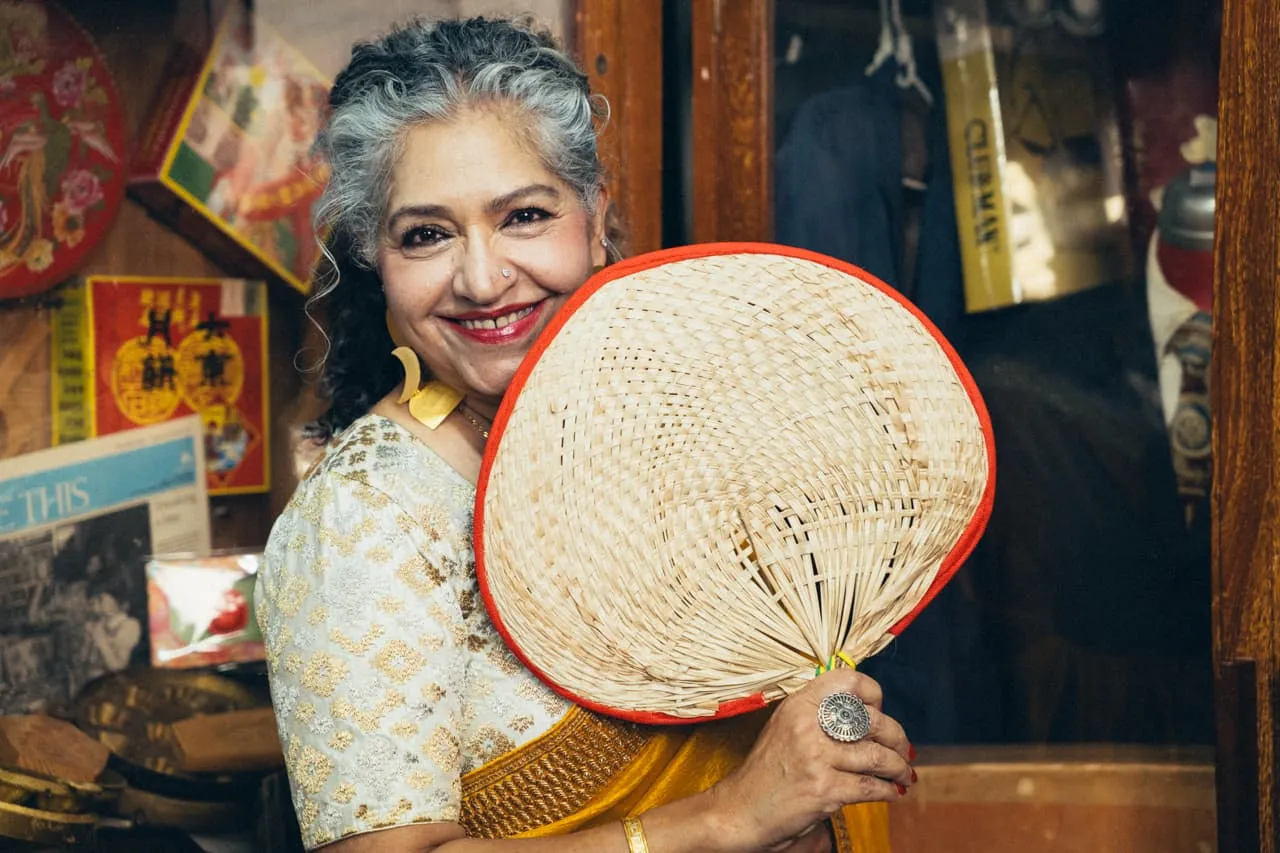
Under One Roof may have concluded in 2003, but Daisy was on a roll. She went behind the camera and turned her hand to directing and producing.
Her first stint at producing was for Under One Roof itself; following this she was the executive producer for Mediacorp Studios' English Entertainment Productions Division. Here, she created shows like Living with Lydia, Incredible Tales, Body & Soul, and Mata Mata, spanning the drama, horror, health and lifestyle, and thriller genres.
After being promoted to Vice President at Mediacorp, Daisy led the team behind the local children's television channel, Okto, and grew Vasantham (local Tamil-language free-to-air channel) into a fully-fledged, full-time channel.
Over time, her work with diverse genres and communities led her to the realisation that people were yearning for stories that looked, sounded, and shared a common cultural kinship or affinity.
"I've seen firsthand how the population is changing. There are a lot of new faces from different cultures," she comments. "But unlike a melting pot, we all have our own unique identity, and find strength and unity in our collective diversity."
At present, Daisy is involved in a Singaporean sci-fi comedy titled We Can Save the World!!!. The film recently premiered at the New York Asian Film Festival and is the only fully independent Singaporean entry in the festival's lineup of more than 100 films.
Founding HuM Theatre to foster important conversations
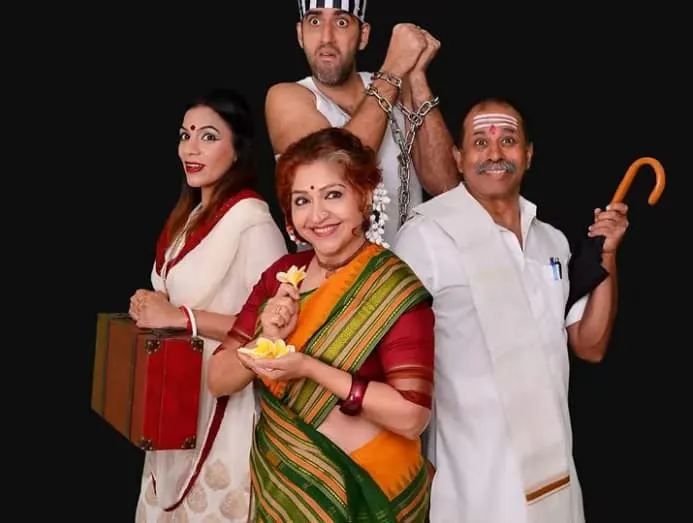
Daisy in a promotional shot for HuM Theatre’s production of We Are Like This Only. Photo credit: HuM Theatre.
In 2010, Daisy founded HuM Theatre (hum means 'we' in Hindi) to create a space where Singapore's Indian stories could live, breathe, and occasionally break into song. The collective's first show, Ayub Khan-Din's Rafta Rafta (slowly slowly) sold out.
Commenting on the success of the show, Daisy mentions, "The show worked because it was real, not because it was in English, or relatable, or funny (even though it had all those qualities)."
She'd realised that Singaporeans had an appetite for real stories, stories that spoke to the nation's distinctive blend of cultures, languages, and identities.
As a result, the productions that followed continued this tradition of telling stories grounded in reality.
We Are Like This Only, a three-part theatre production chronicling the oft-tense relationships between the Singaporean Chinese and new Indian immigrants, tackled the prickly topics of racism and xenophobia with tact and sensitivity.
Daisy recalls how an audience member, who self-identified as a recent immigrant to Singapore, congratulated her about how apt some of the character portrayals were.
"She told me she felt embarrassed about some of the behaviours highlighted in the show, and felt she needed to do more to integrate with Singaporeans," she mentions. "And aren't realisations like this exactly what theatre is about?"
HuM Theatre's recent production of Train to Pakistan, an adaptation of Indian novelist Khushwant Singh's 1956 work of the same name, was among its most ambitious projects to date. It chronicles the tale of star-crossed lovers forced to separate because of India's partition in 1947.
"To tell a story about a traumatic, turbulent historical event was no small undertaking." she comments. "But at its root, Train to Pakistan is about a love story, and that's what stood out to us.
"Every play we stage tries to make sense of identity, community, and the madness of life. I found the most joy in telling those stories. These productions were conversations. And Singapore made its voice heard during these conversations, loud and proud."
Becoming Singaporean on paper
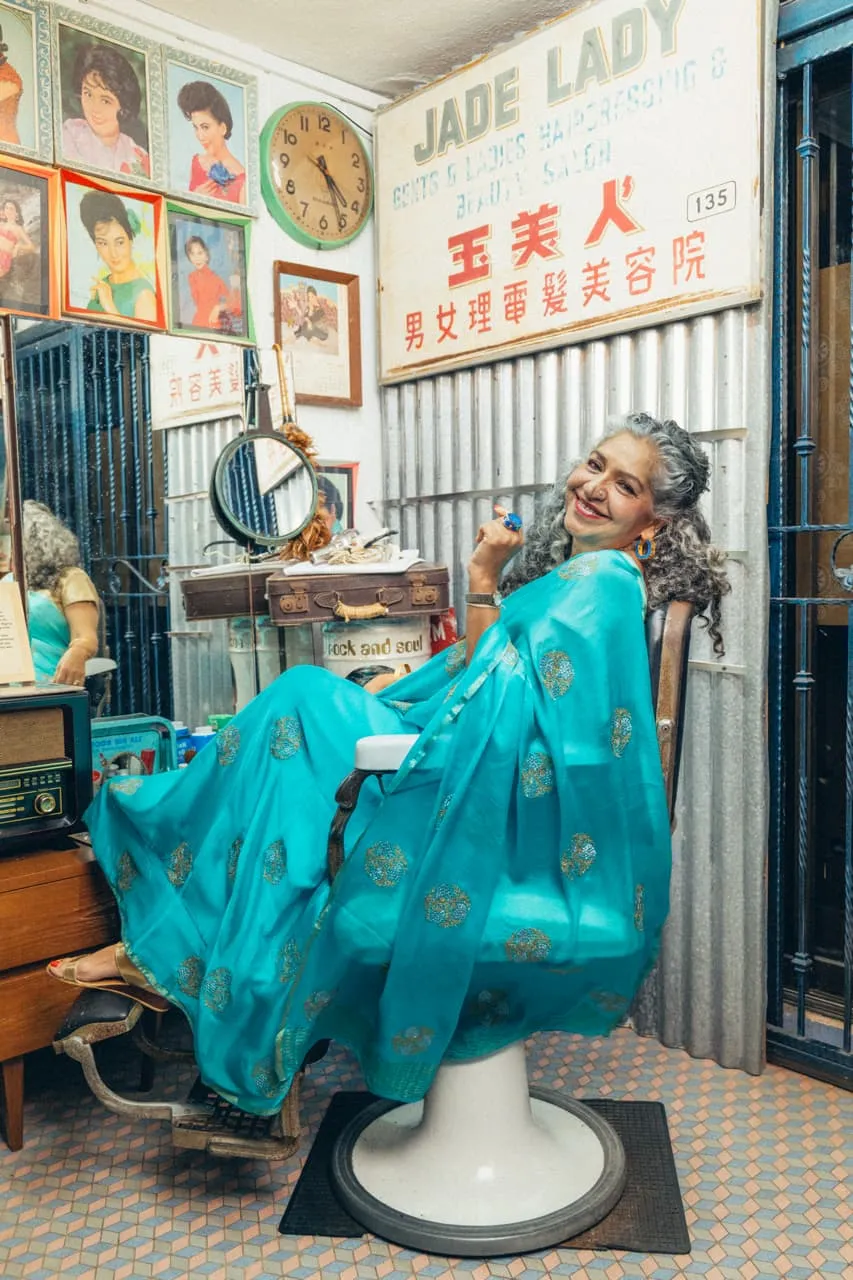
In 2004, Daisy, along with the rest of her family, became a Singaporean citizen. But she'd felt like one long before she'd held the pink Identity Card (IC) in her hands.
"Citizenship to me isn't about paperwork. It's about picking up your child from National Service (NS) camp and crying tears of joy because he is an Officer and was handed the coveted Ceremonial sword upon his commissioning. It's about accepting an award from the Ministry of Culture, Community & Youth (MCCY) and the National Integration Council for my contributions towards integration," she contemplates.
Daisy is a firm believer in the magic of this country, not because it is perfect, but because of its constant striving towards evolving for the better. "Singapore taught me humility, and that being a part of something bigger than yourself means lifting others up – whether on stage, in society, or on MRT escalators during peak hour," she adds, with a wink.
From time to time, she thinks of what her life might have been like, had she remained in India. "Would I have become a Bollywood star, had I stayed? Or did Singapore save me from becoming another middle-aged actress complaining about Mumbai traffic? I will never know," she quips.
Daisy has witnessed Singapore through all its iterations and transformations: "Elections, building of ERP gantries, SARS, bubble tea boom," she jokes.
On a more sensitive note, she points out how Singapore has lent her stability, opportunity, safety, and dignity.
"In this little red dot, I've found more culture, colour, and compassion than I could have imagined."
A love letter to Singapore
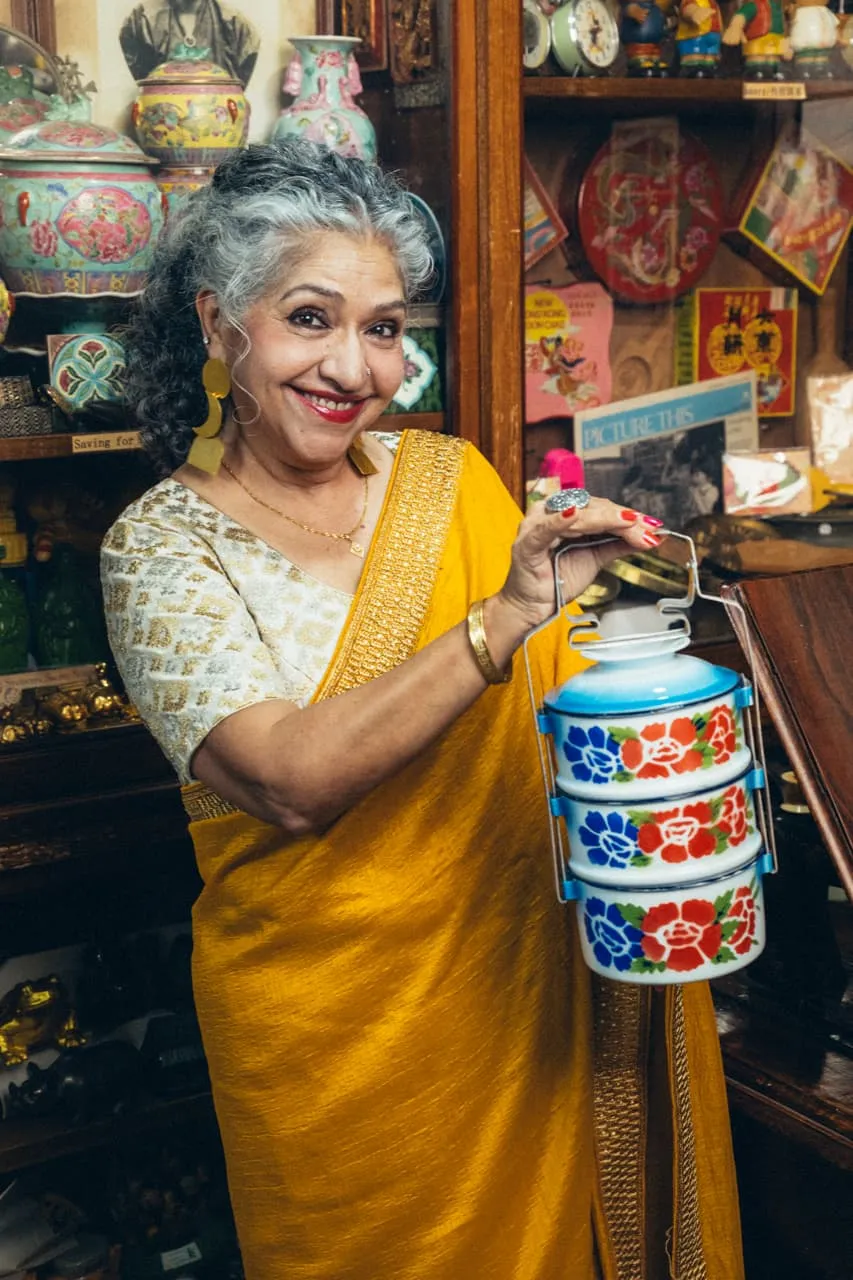
And now, as Singapore celebrates 60 years of independence, Daisy finds herself reflecting not just on the nation's journey, but her personal one, and how the two are inextricably intertwined.
"I didn't just migrate or assimilate. I grew into the place. I added flavour. I found a home."
Singapore has taught Daisy a lot; that small countries can dream big, that diversity isn't a problem to solve, if anything, it's a gift to celebrate; and that food is a love language.
"Seriously, where else do people queue 40 minutes to buy carrot cake that isn't even actual cake?" she jokes.
Ahead of the nation's Sixtieth birthday, Daisy feels like she has lived three lifetimes here: first as an outsider, then a participant, and finally as someone who truly belongs.
"This country gave me roots, roles, and responsibilities," she admits. "It gave my children a safe, clean, and hopeful future. It gave me a second act in the form of a stage, and how to say "can lah" with confidence."
In return, she hopes that the laughter, reflections, and memorable punchlines she's brought to the table will suffice.
"To every young dreamer landing at Changi today, welcome. Your story is just beginning. To every Auntie who still calls me "Daisy Matthews," thank you for your love. And to Singapore, my adopted, beloved, slightly over-airconditioned home, I say this from the depths of my grateful soul: I came for family, I stayed for love. And I grew with you because you let me."
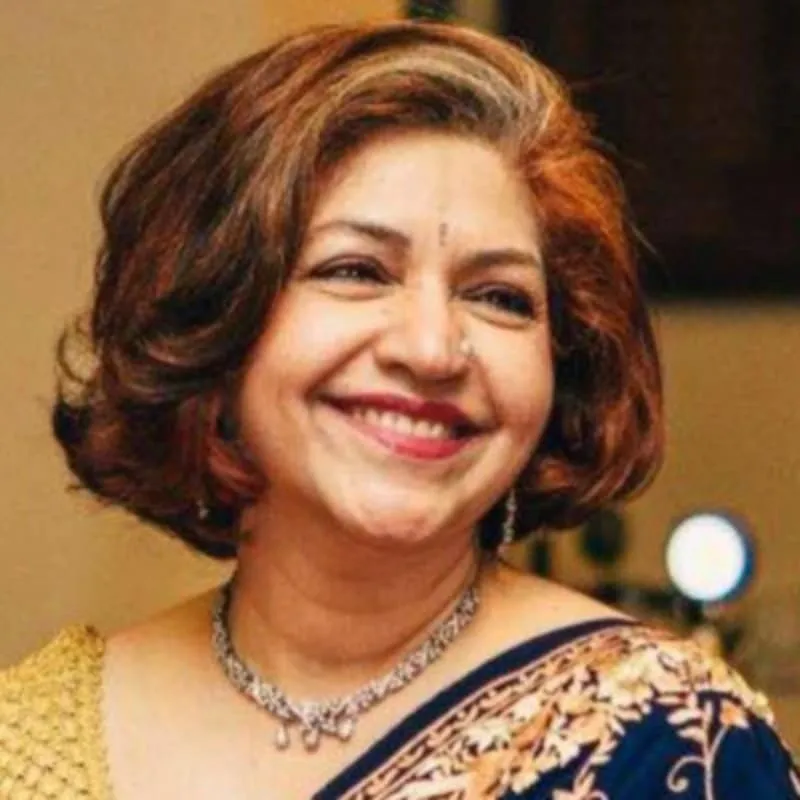
Meet Daisy.
Daisy Irani Subaiah's breakout role as Daisy Matthews in Singapore's first-ever locally-produced sitcom, Under One Roof, catapulted her into a household name. A veteran actor and producer, she is also the founder of local theatre outfit, HuM Theatre.
Connect with her here.
